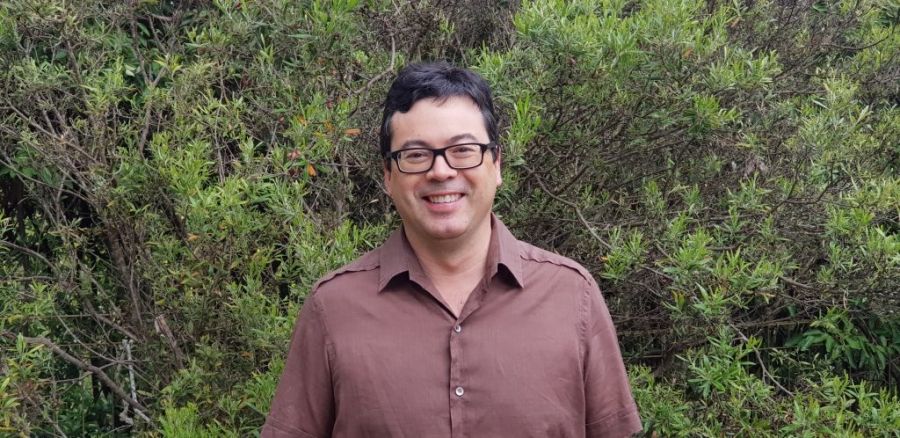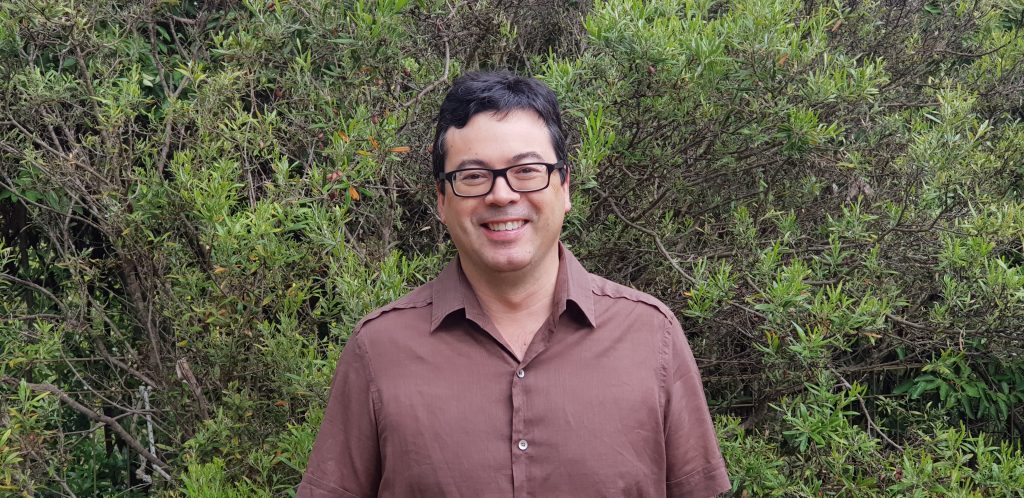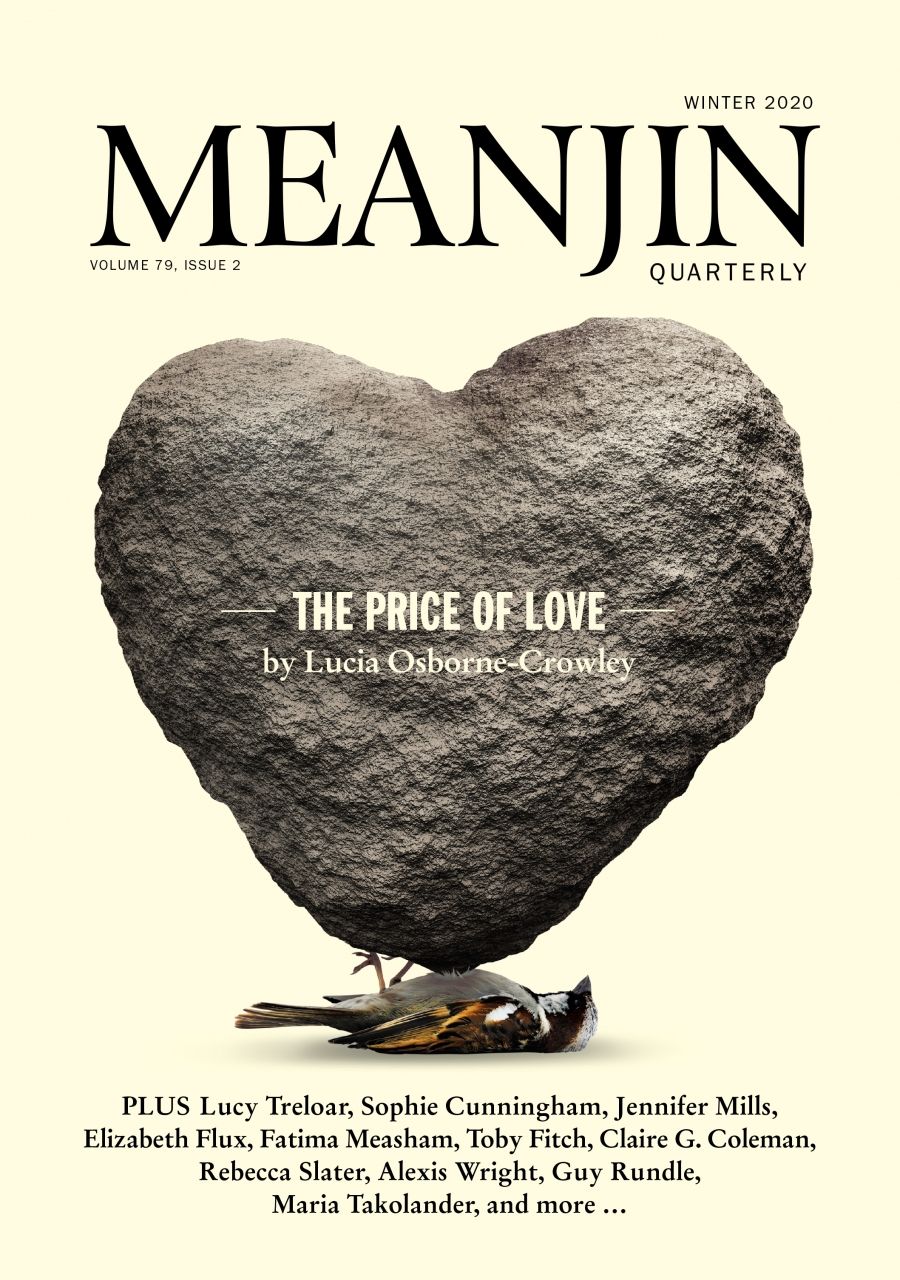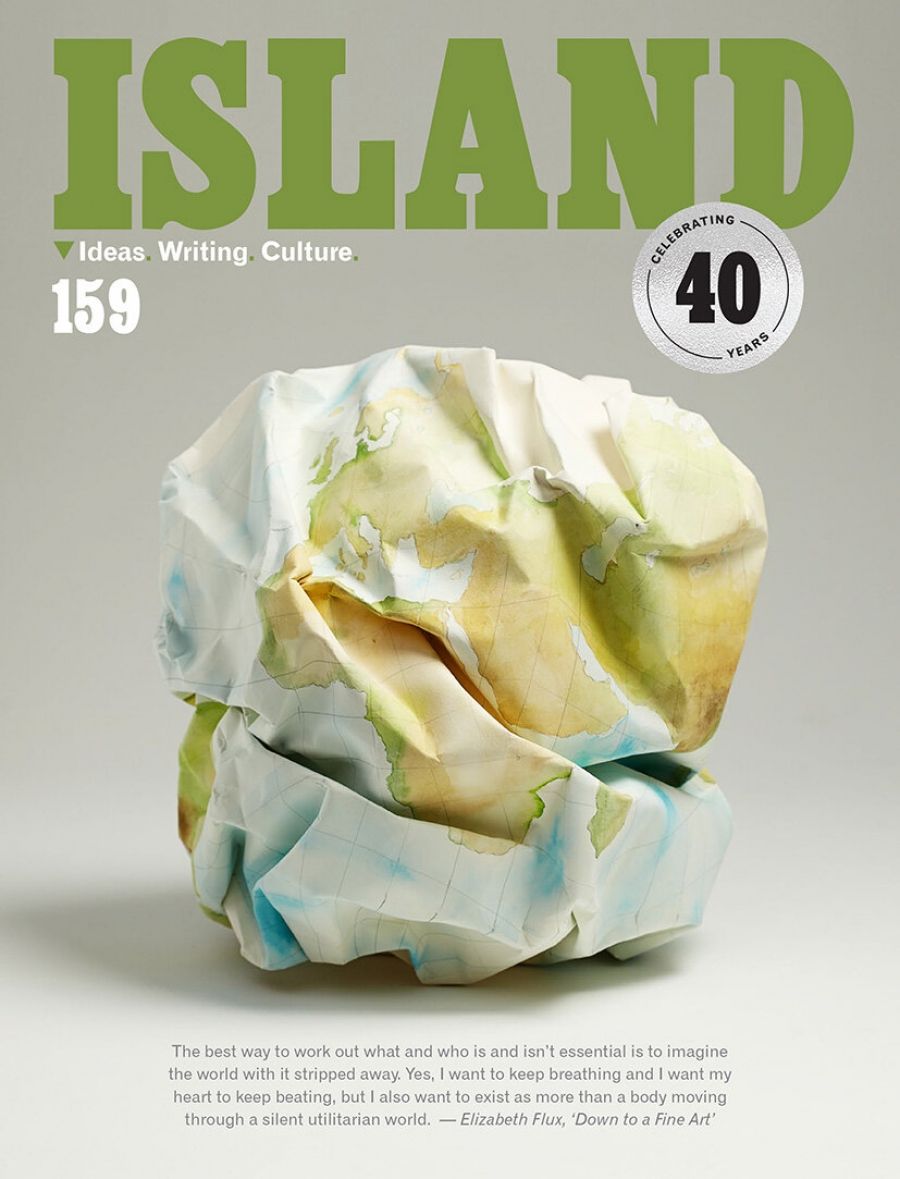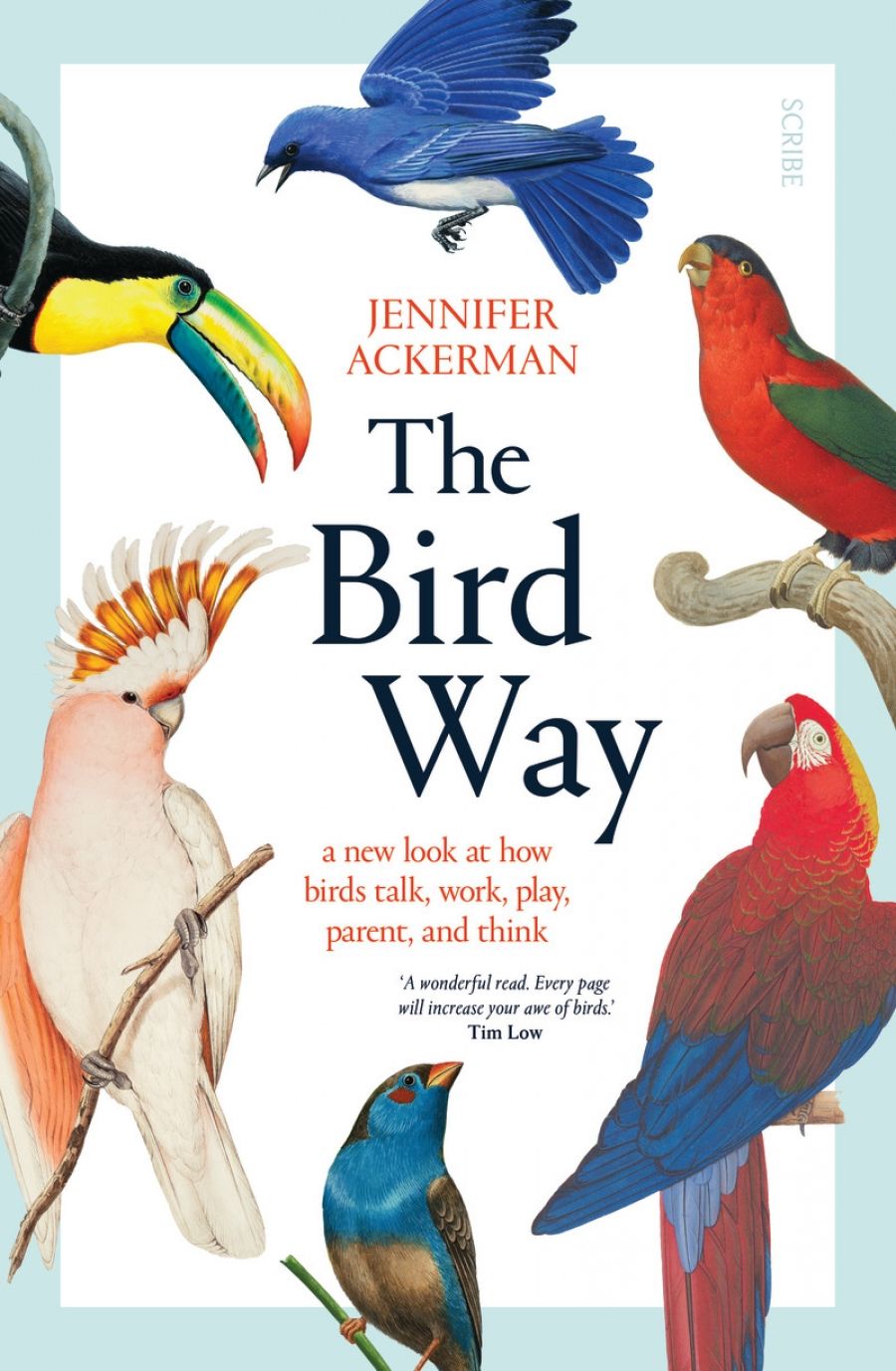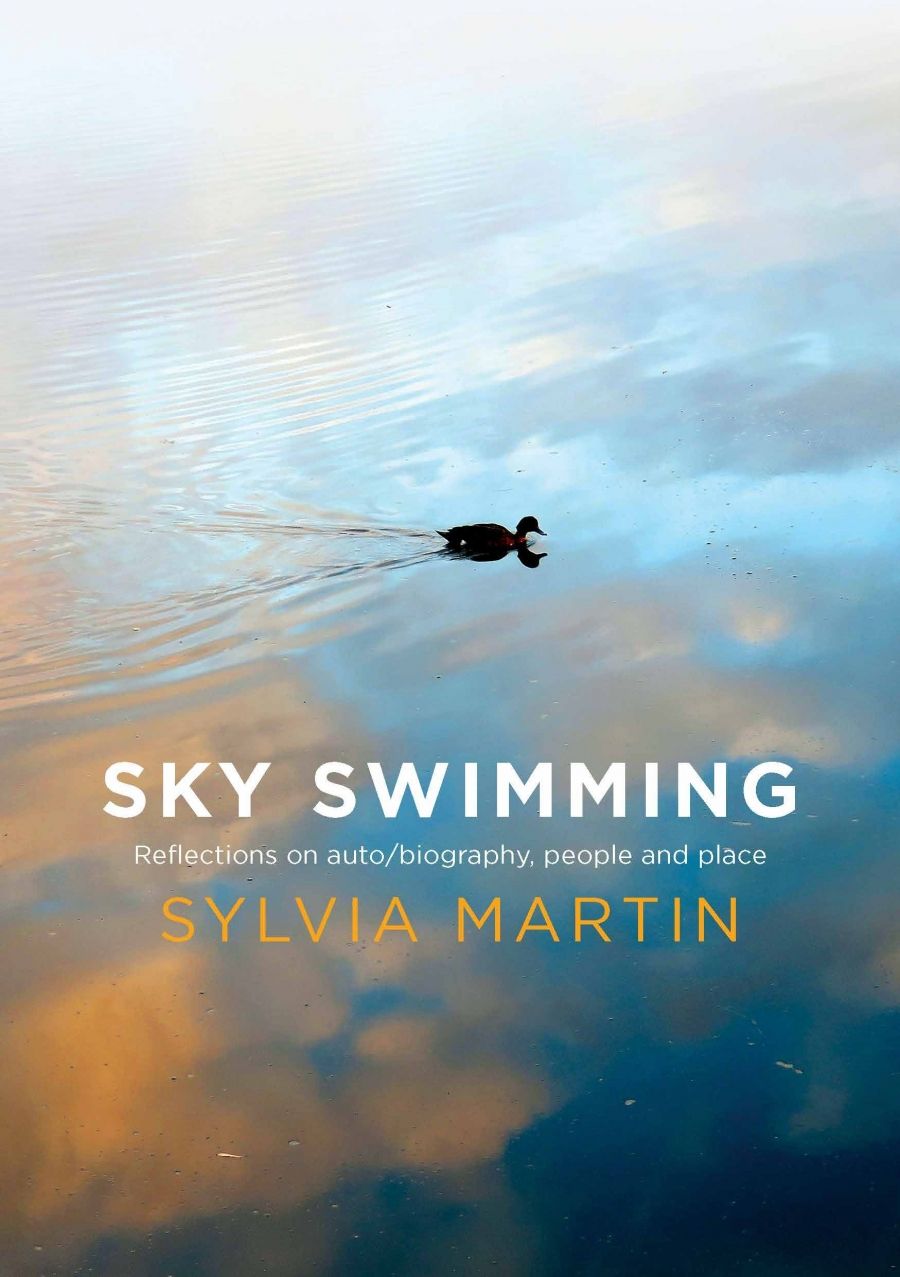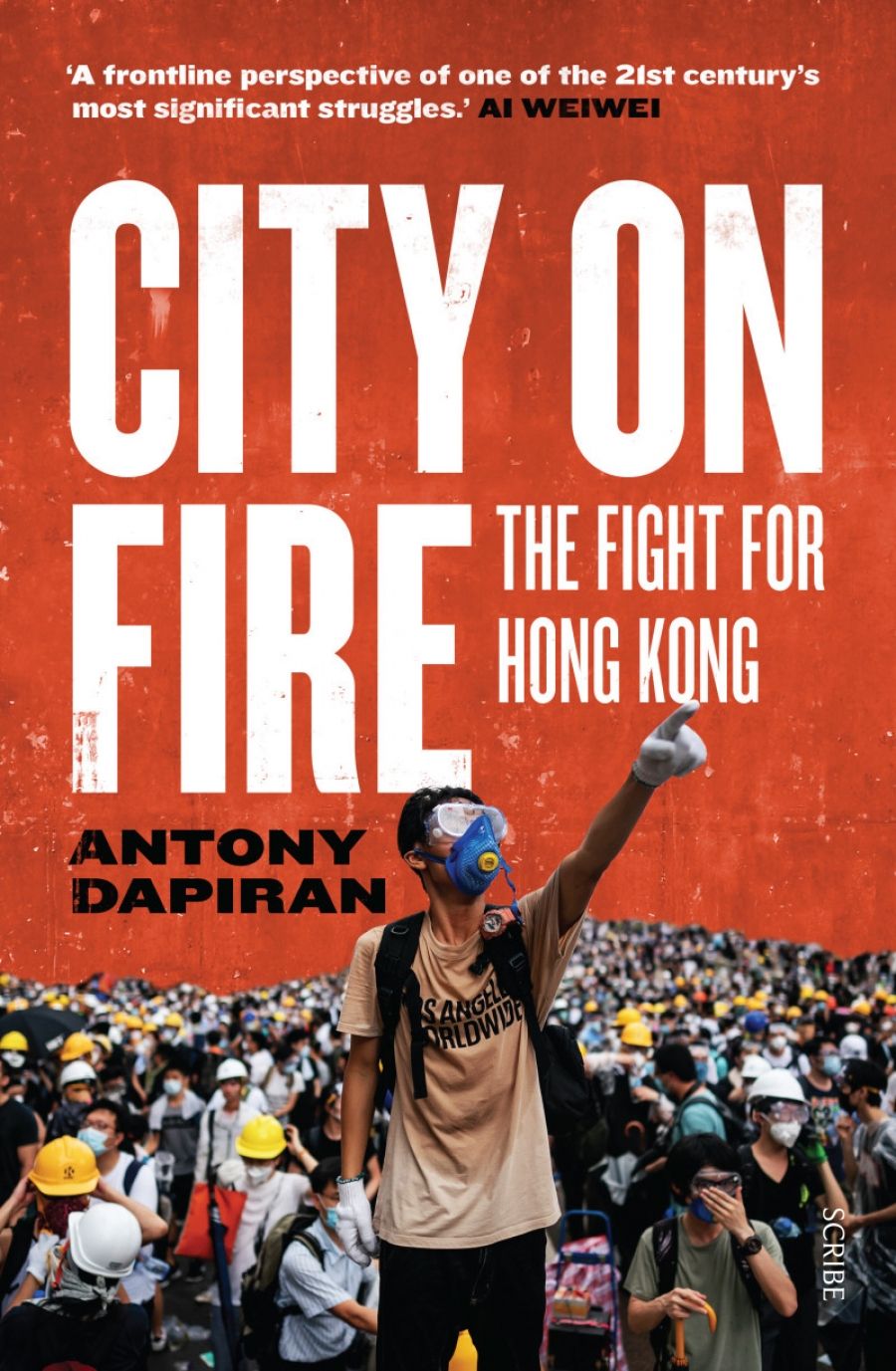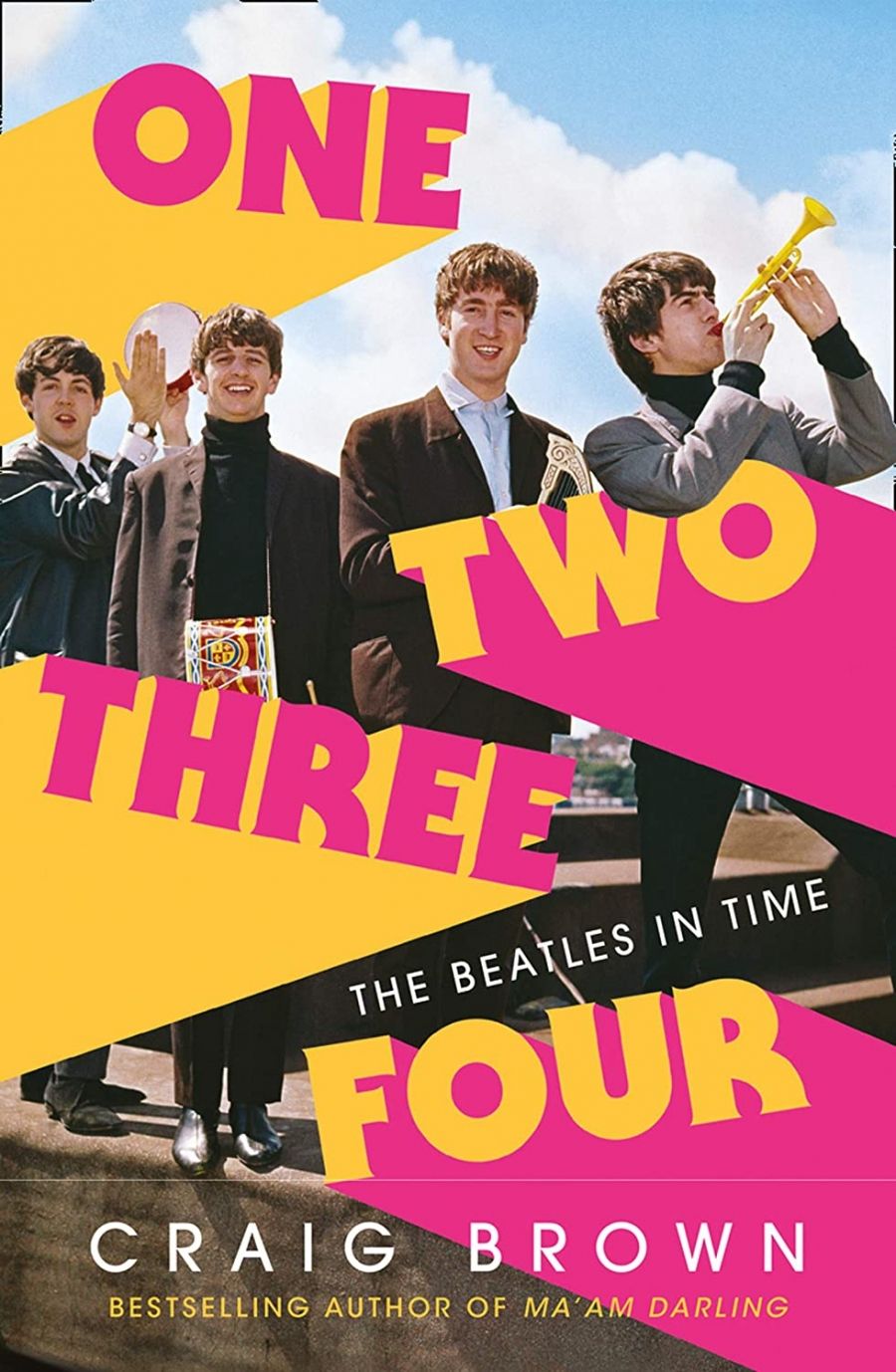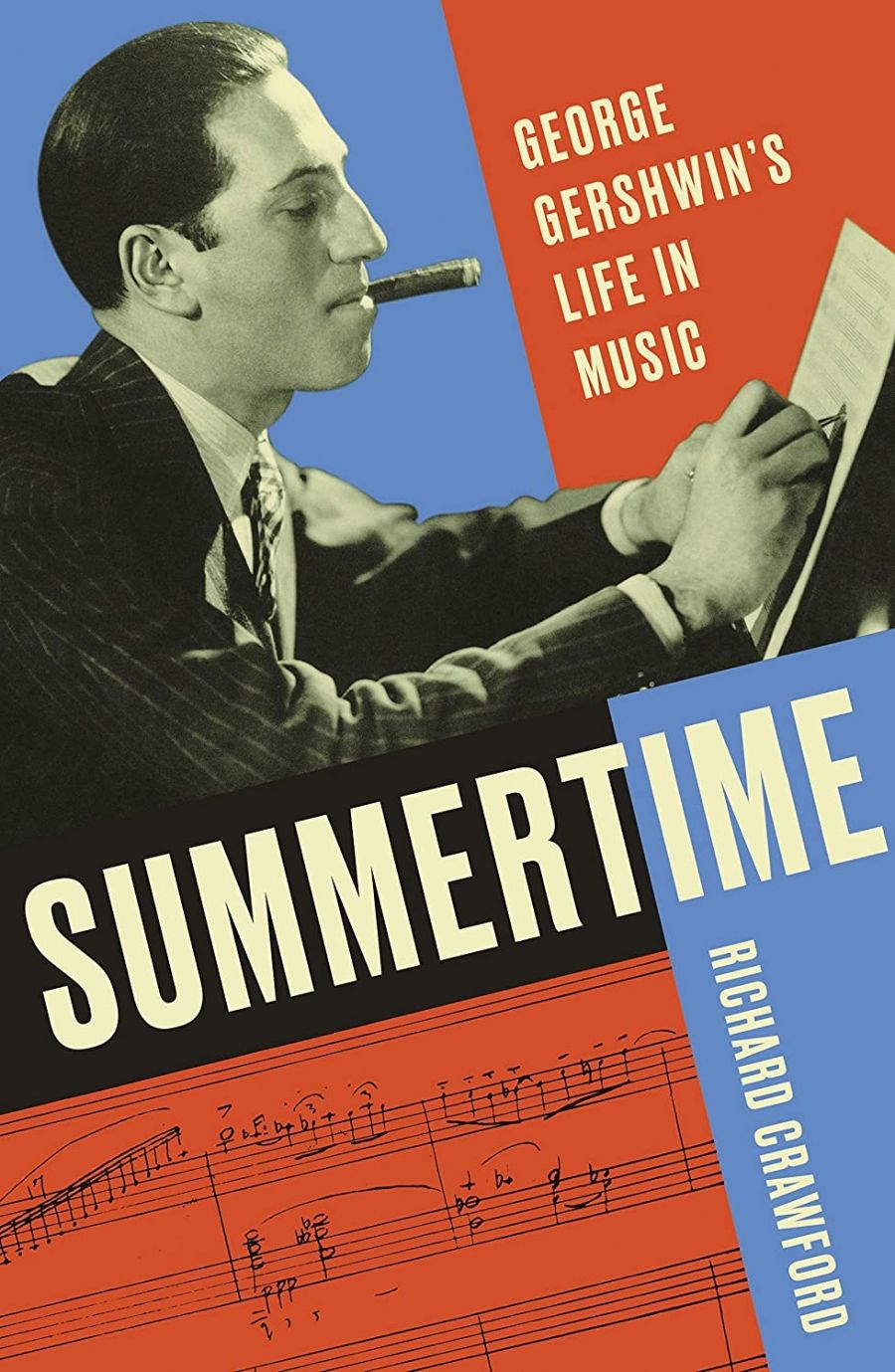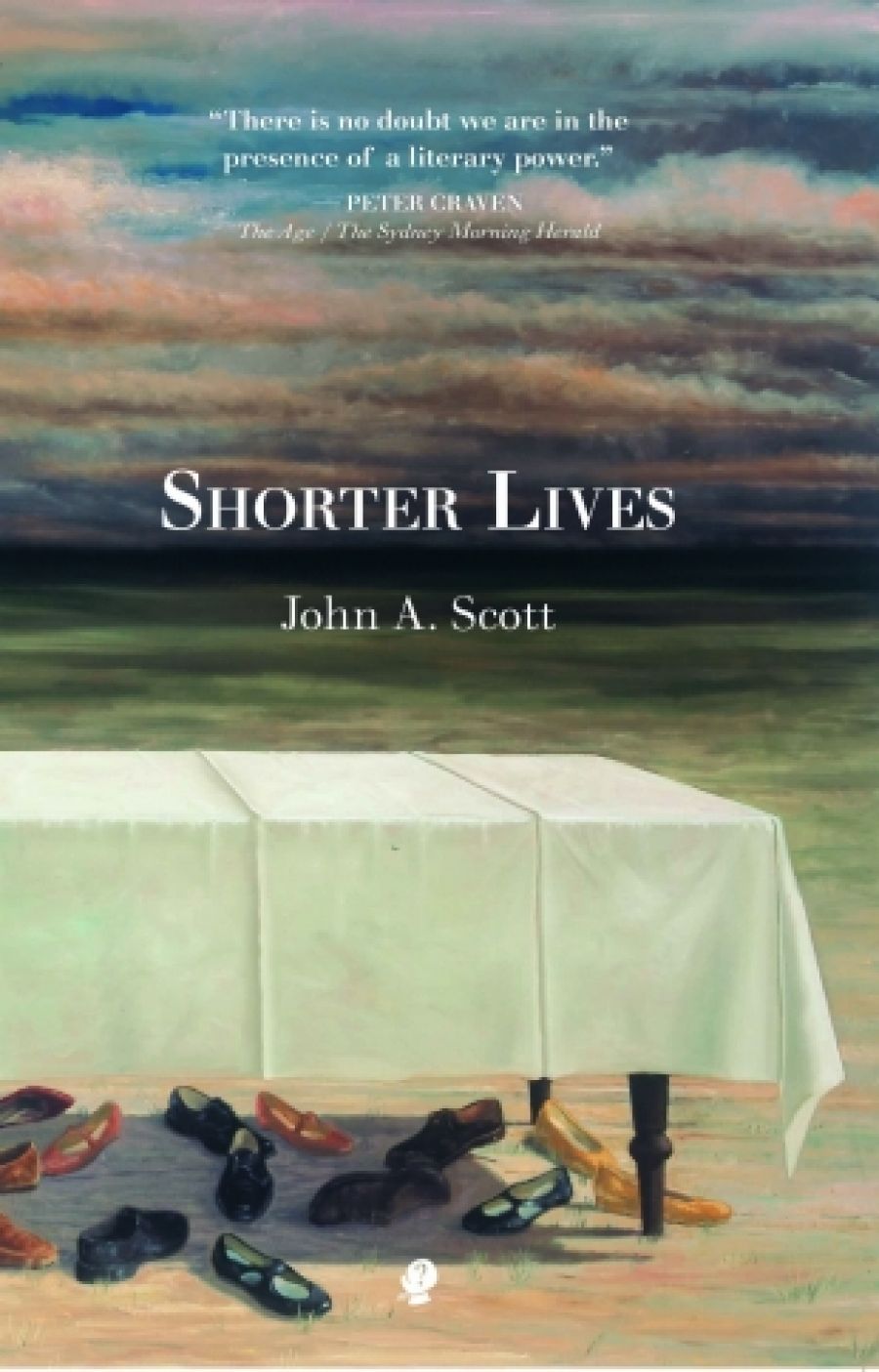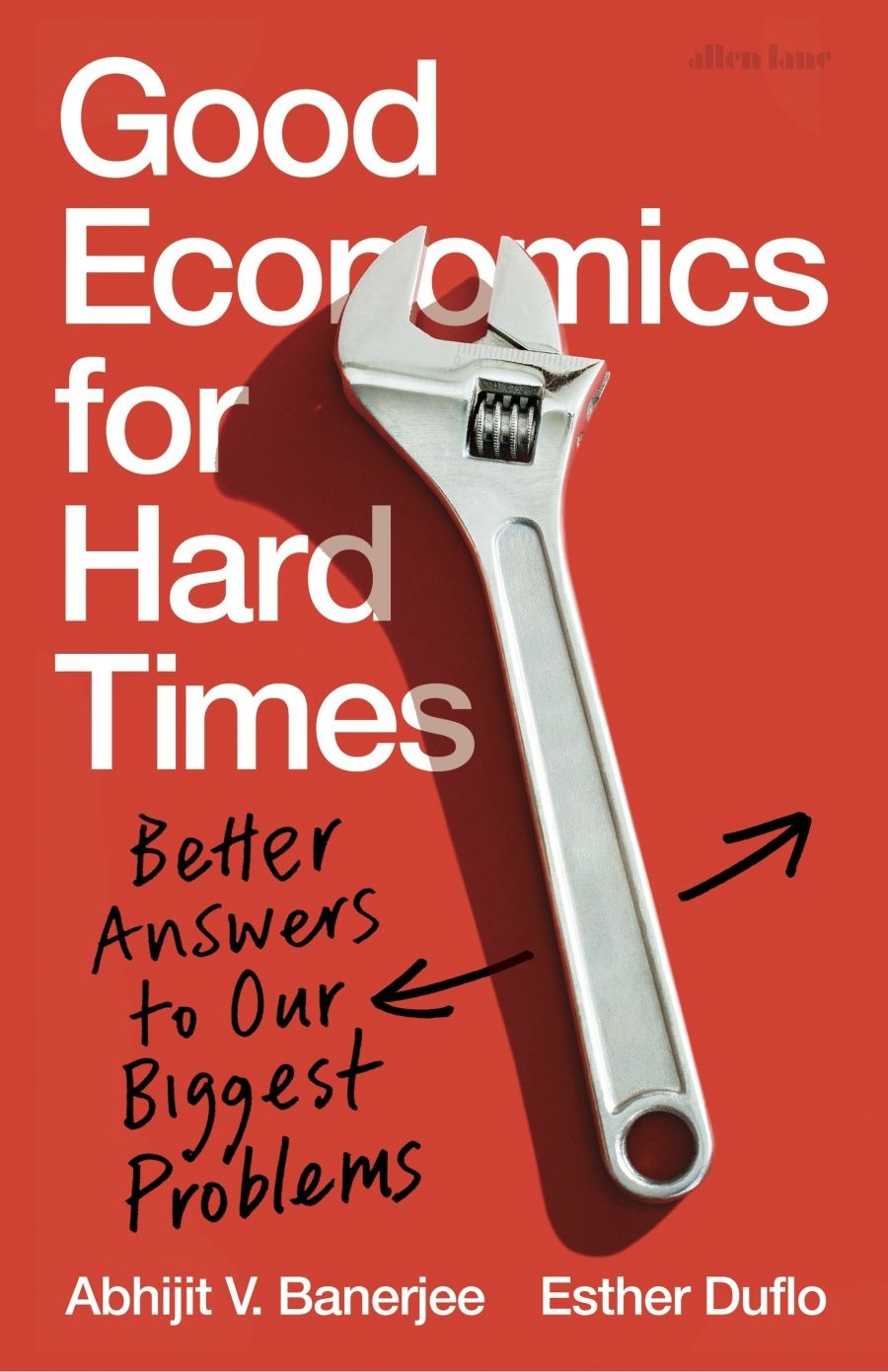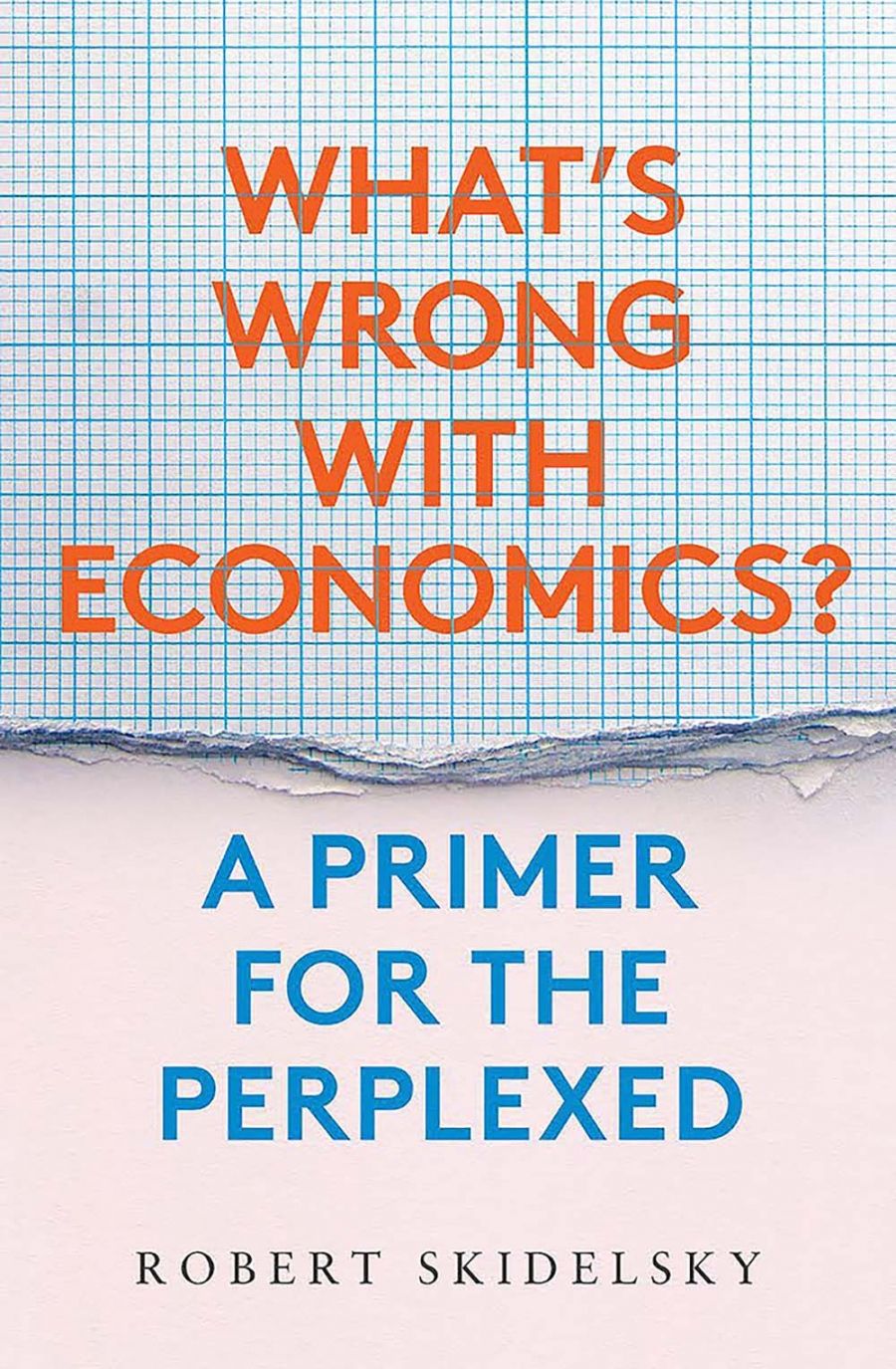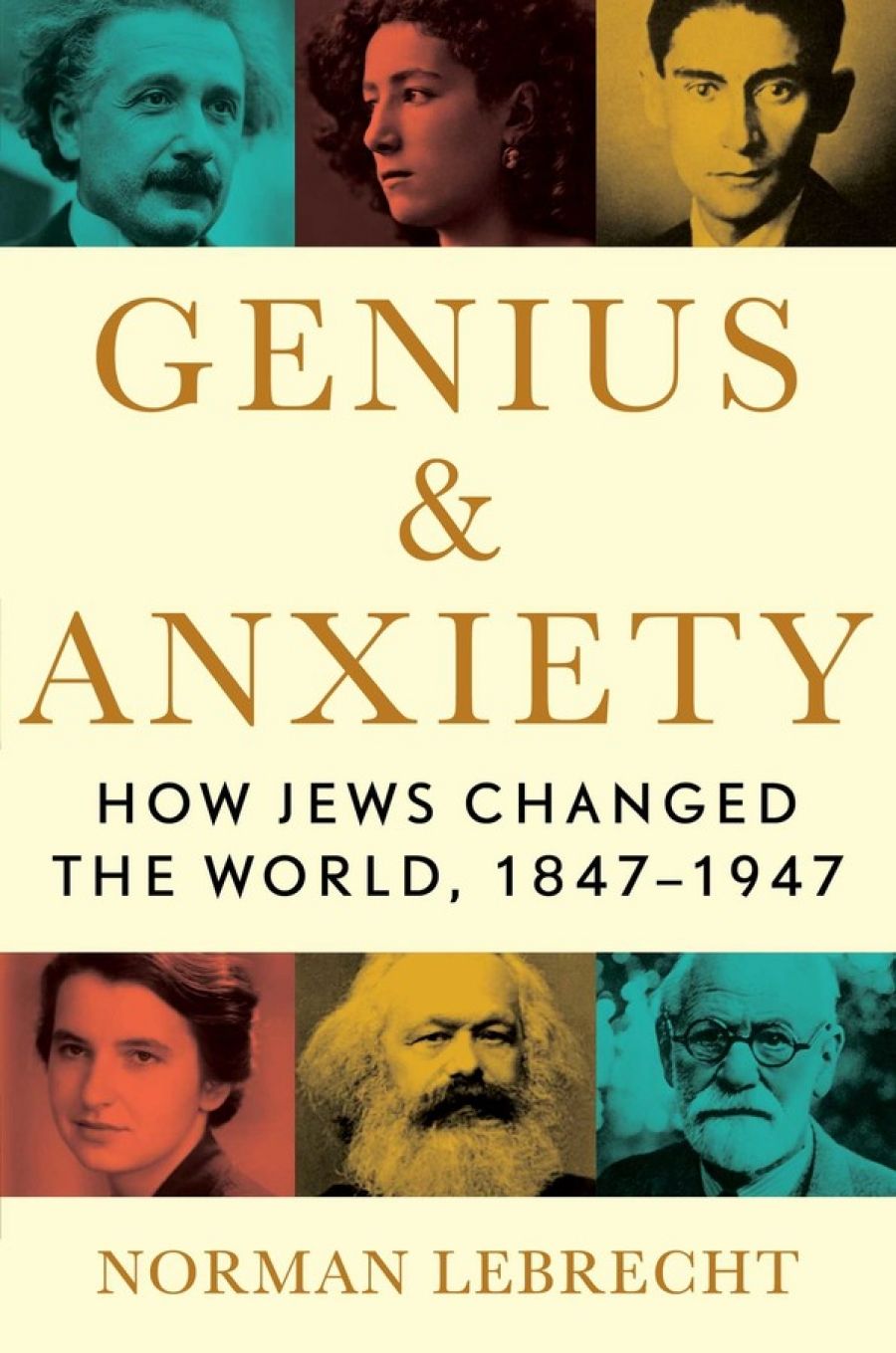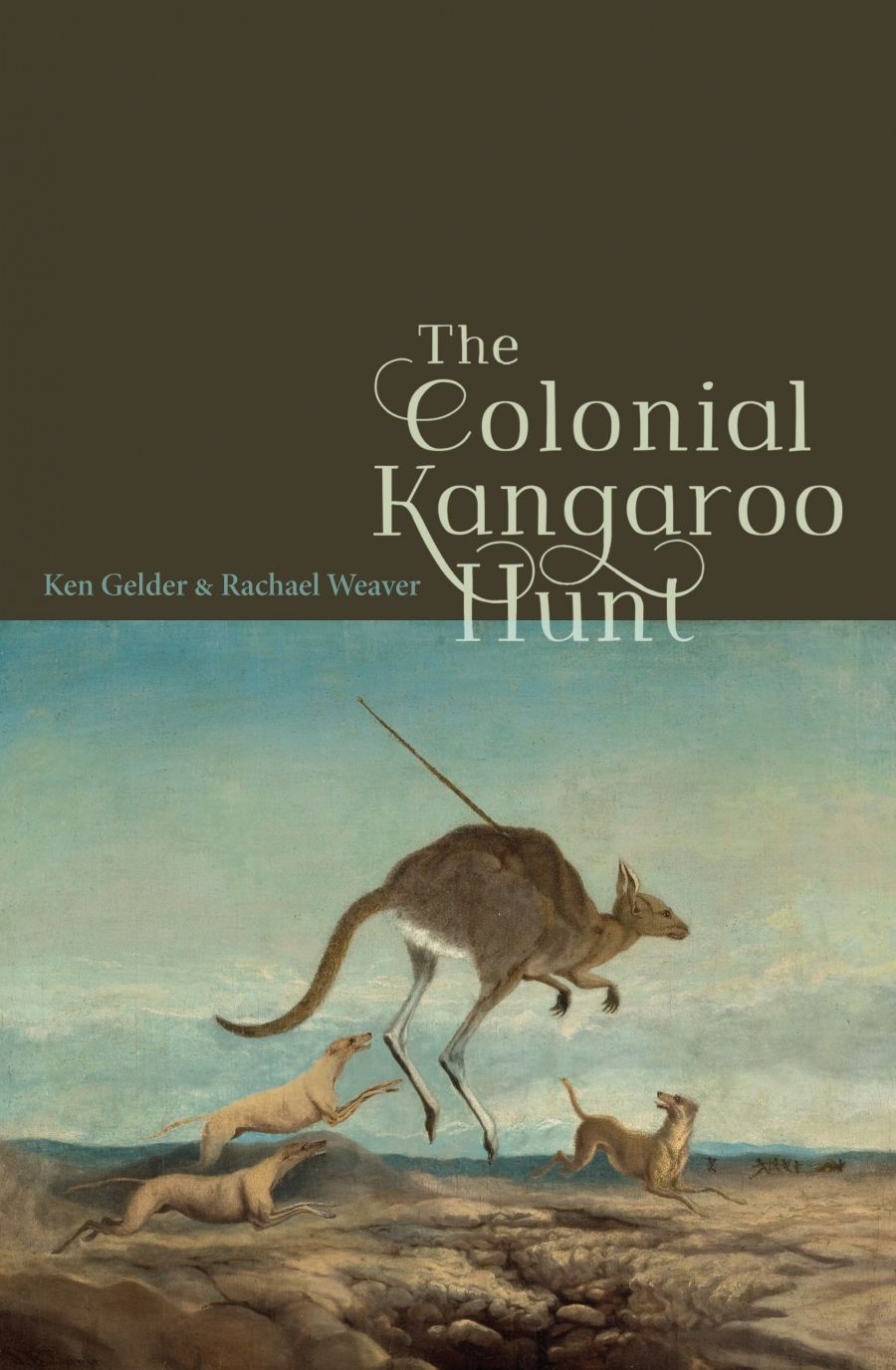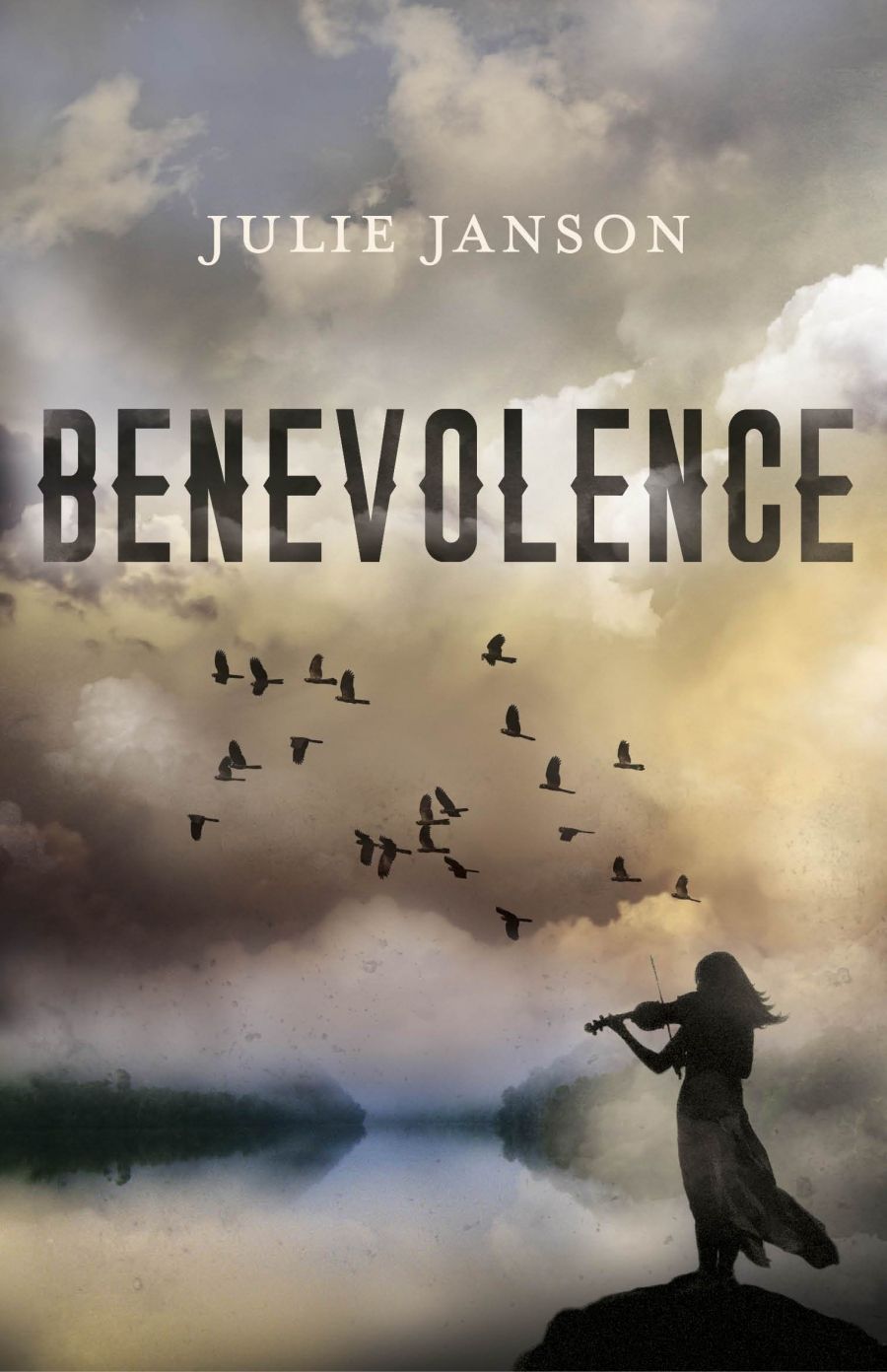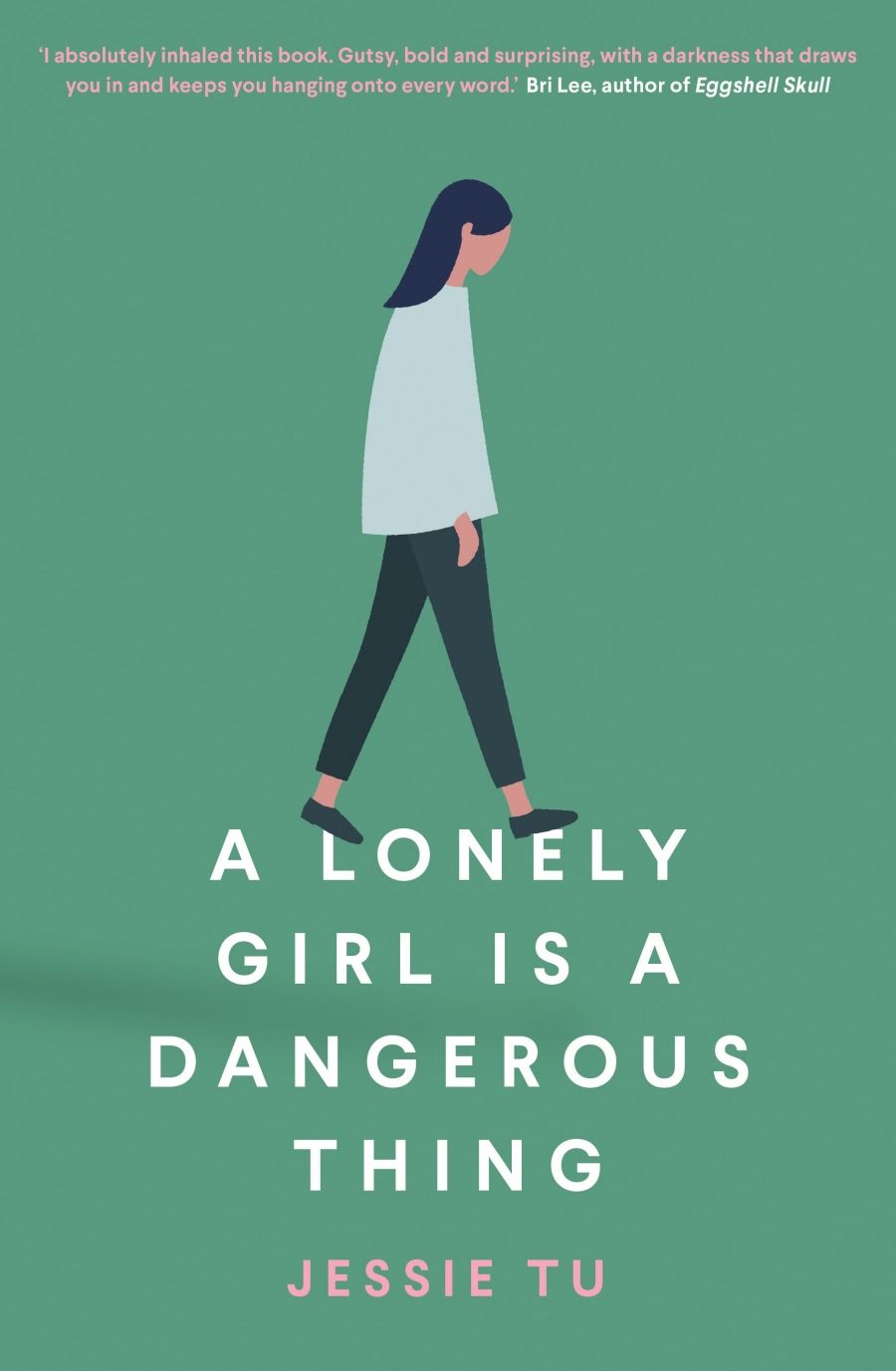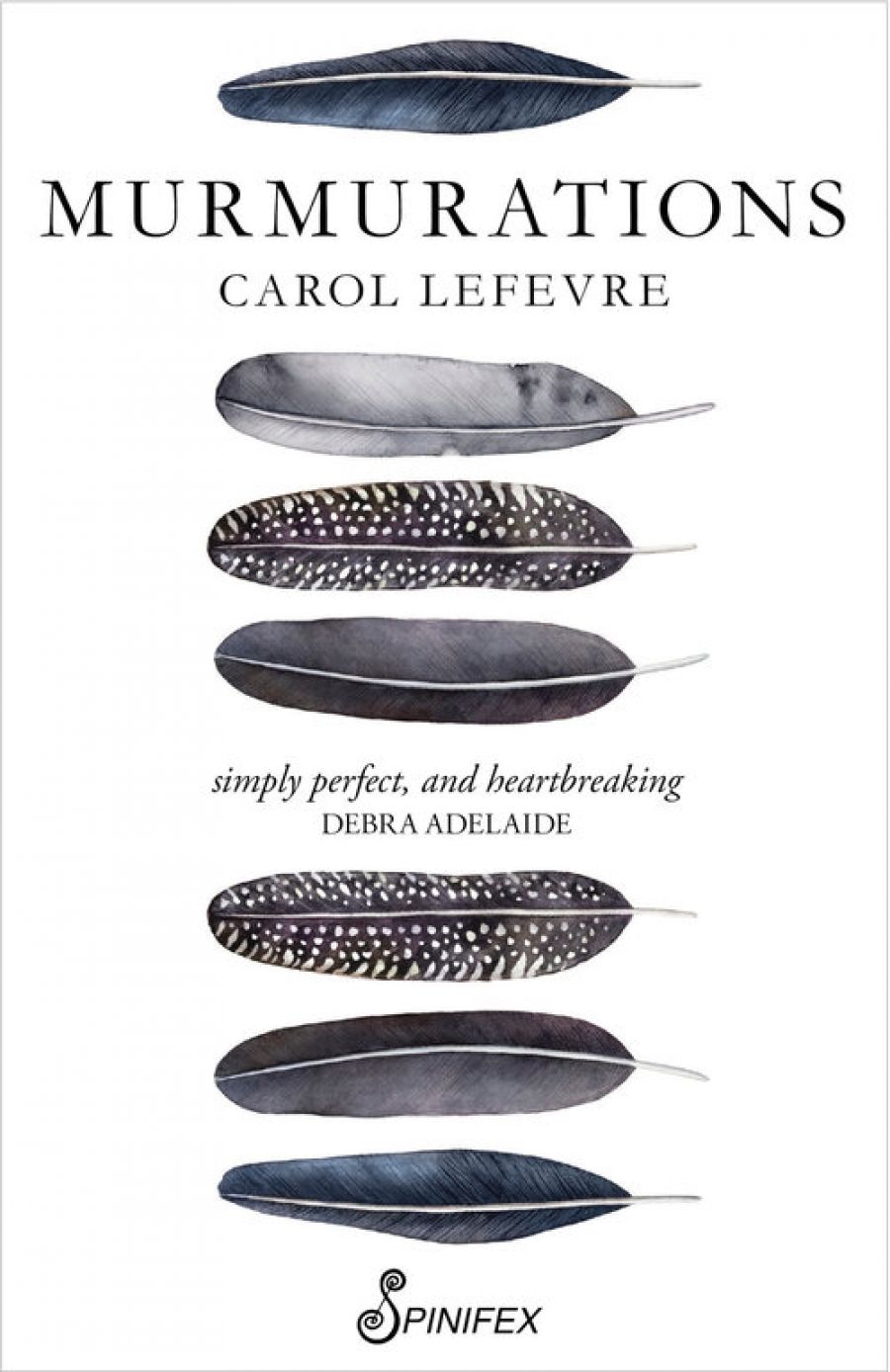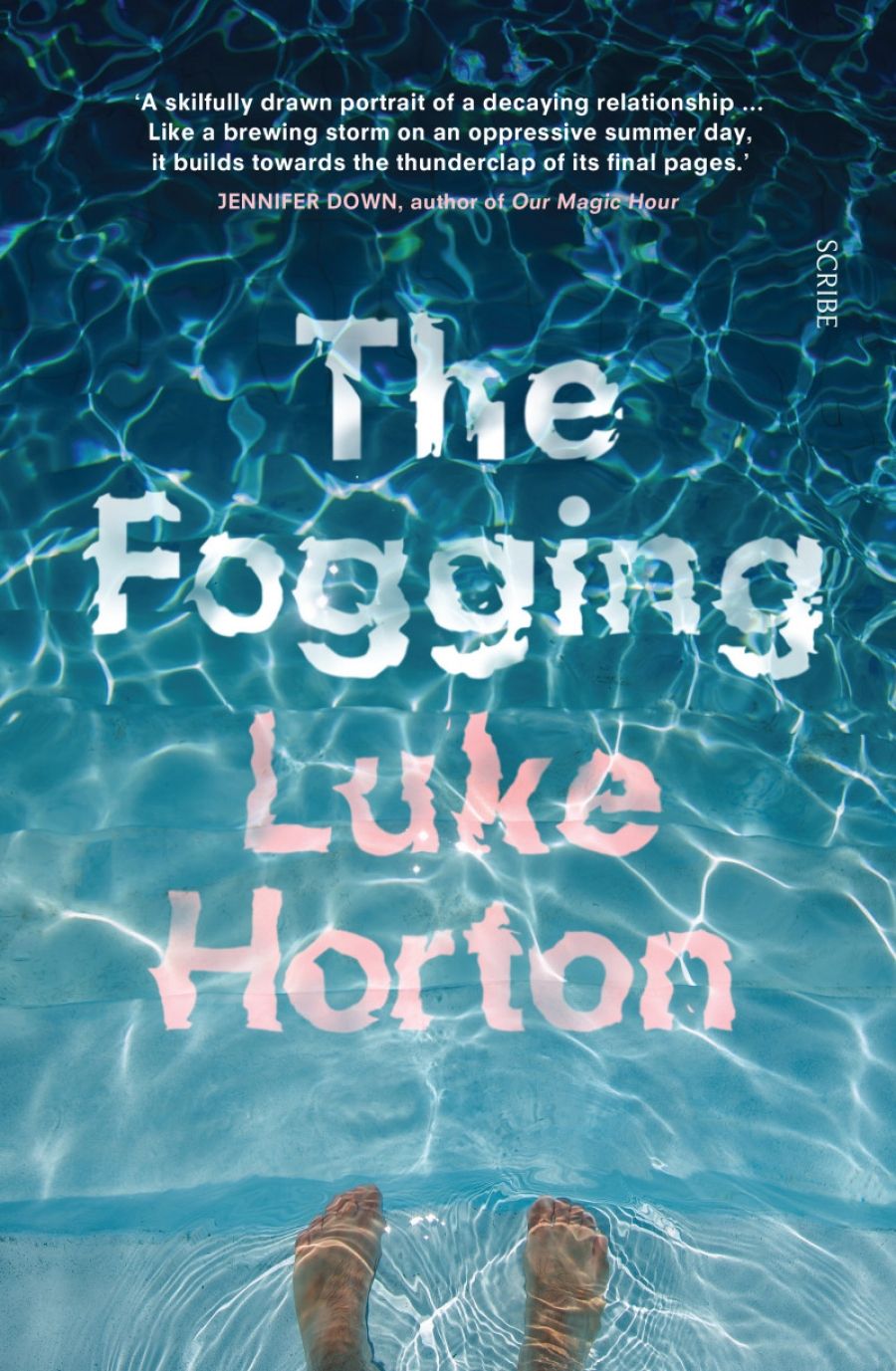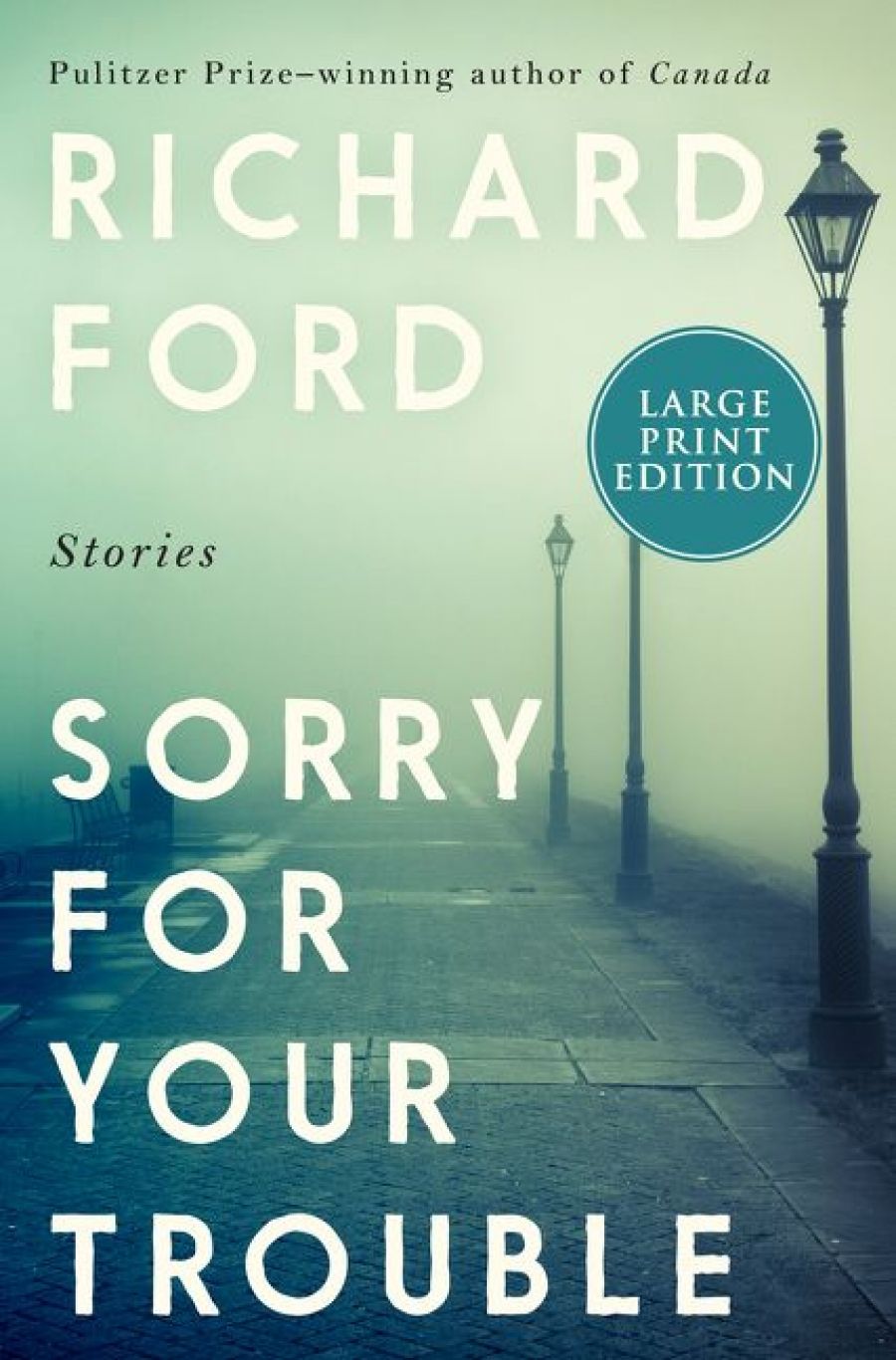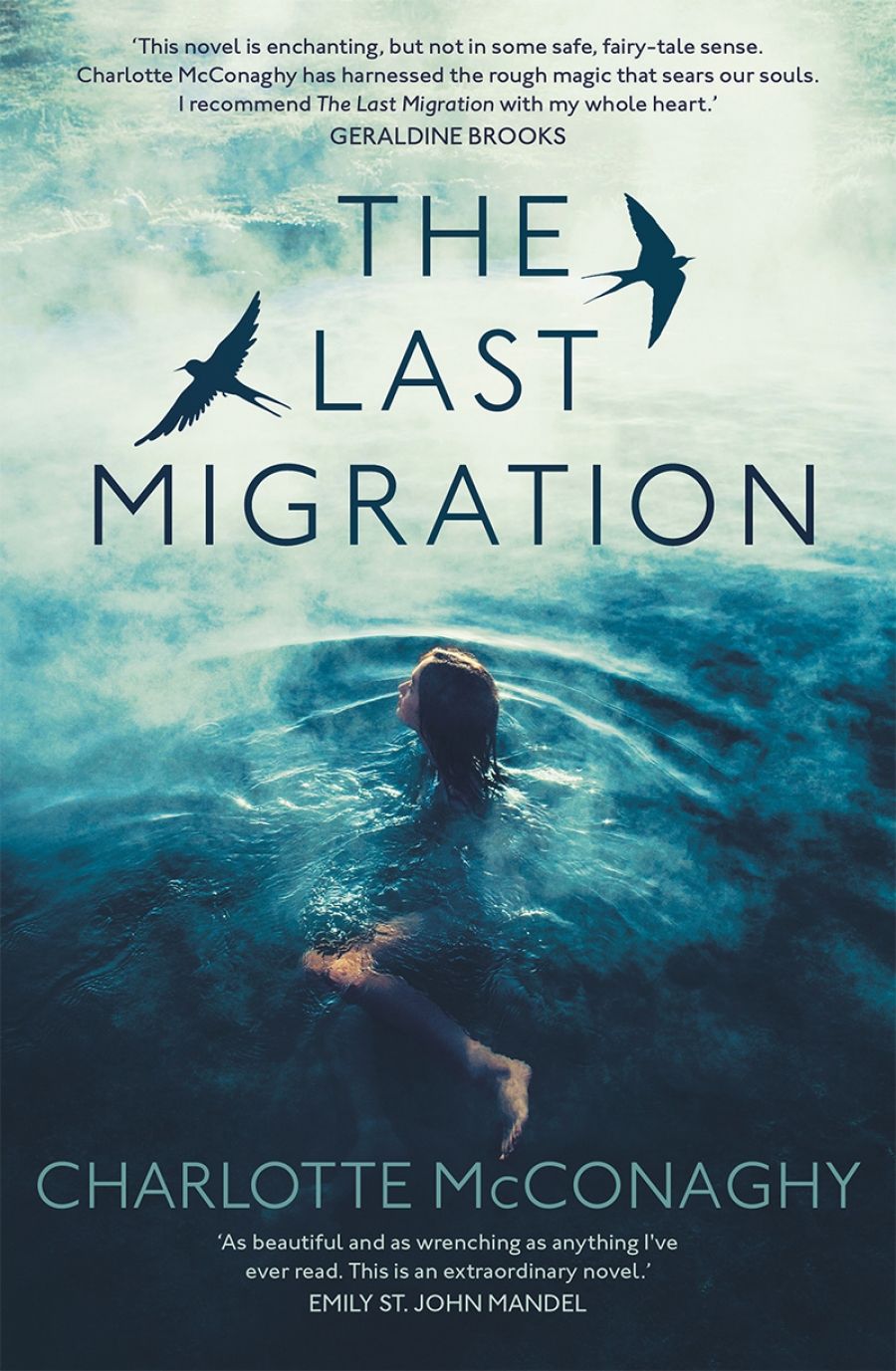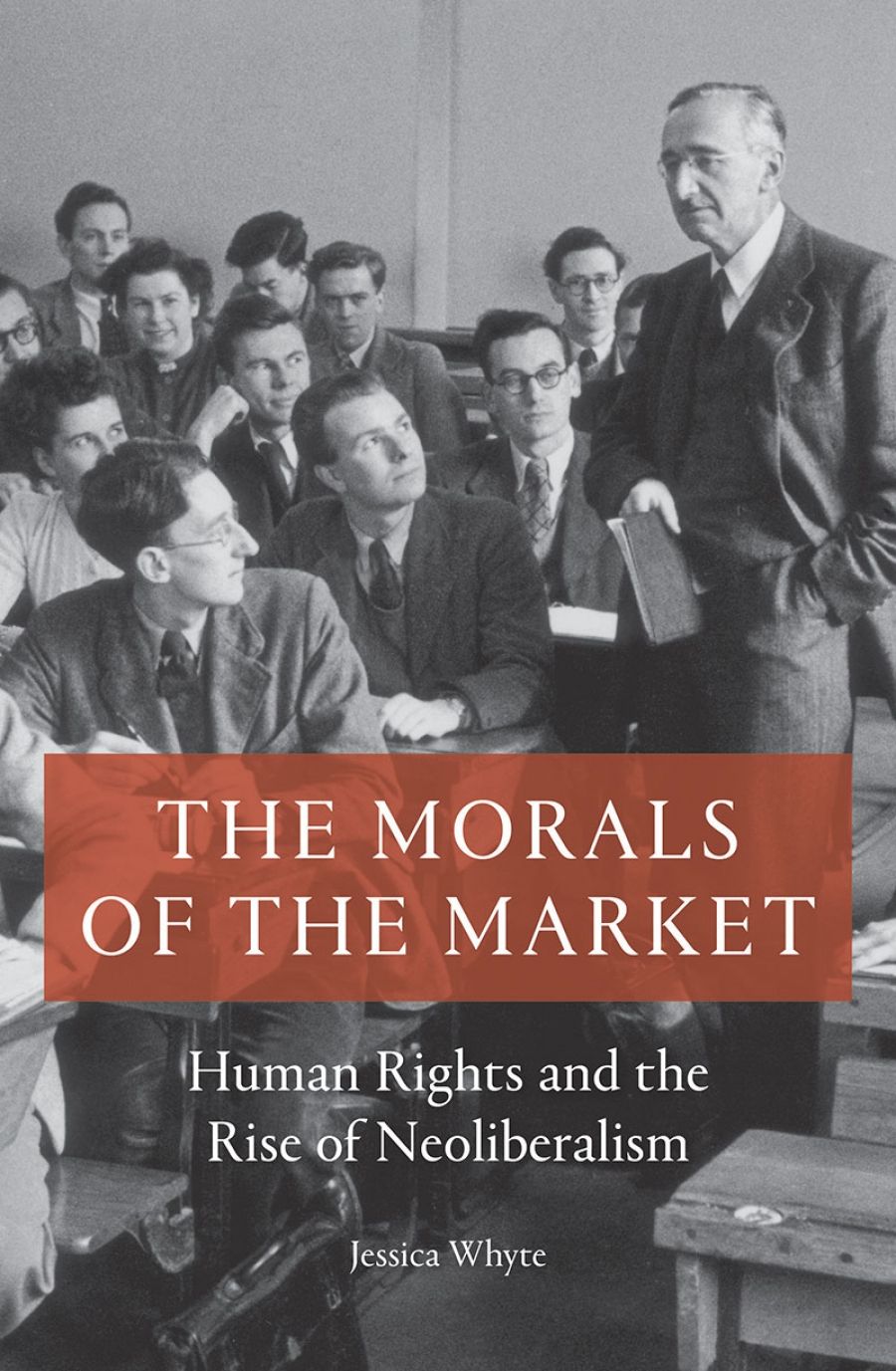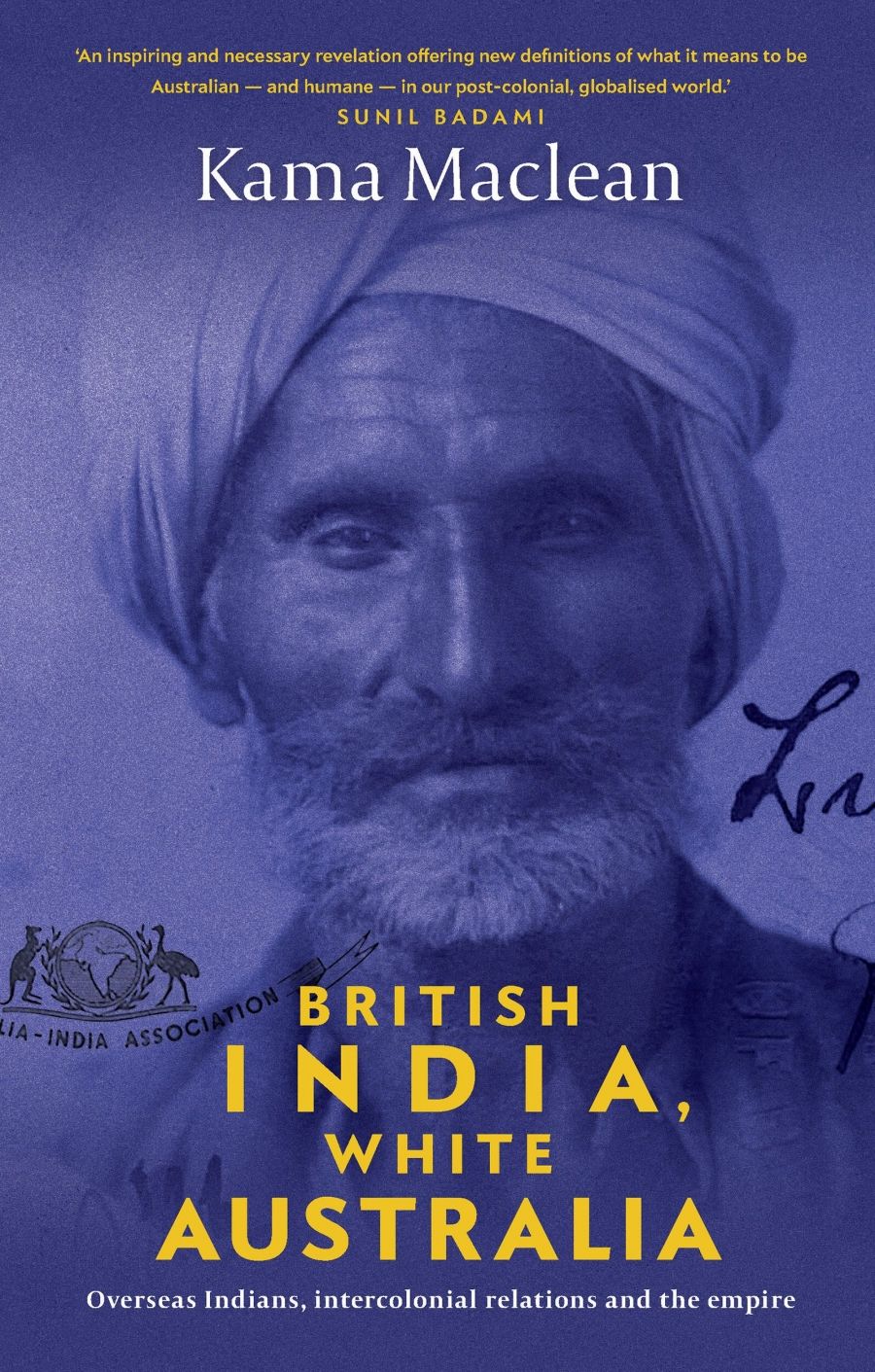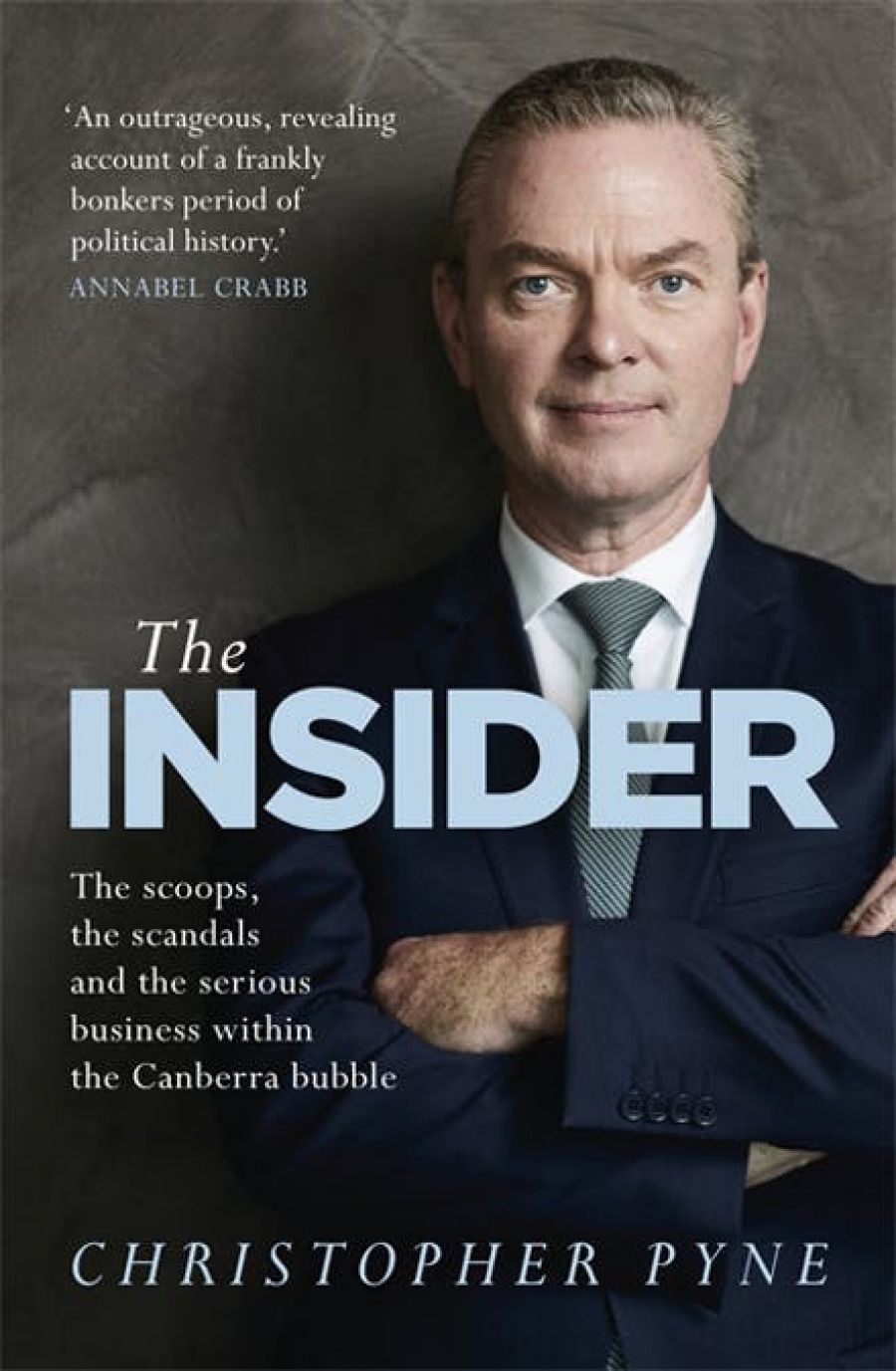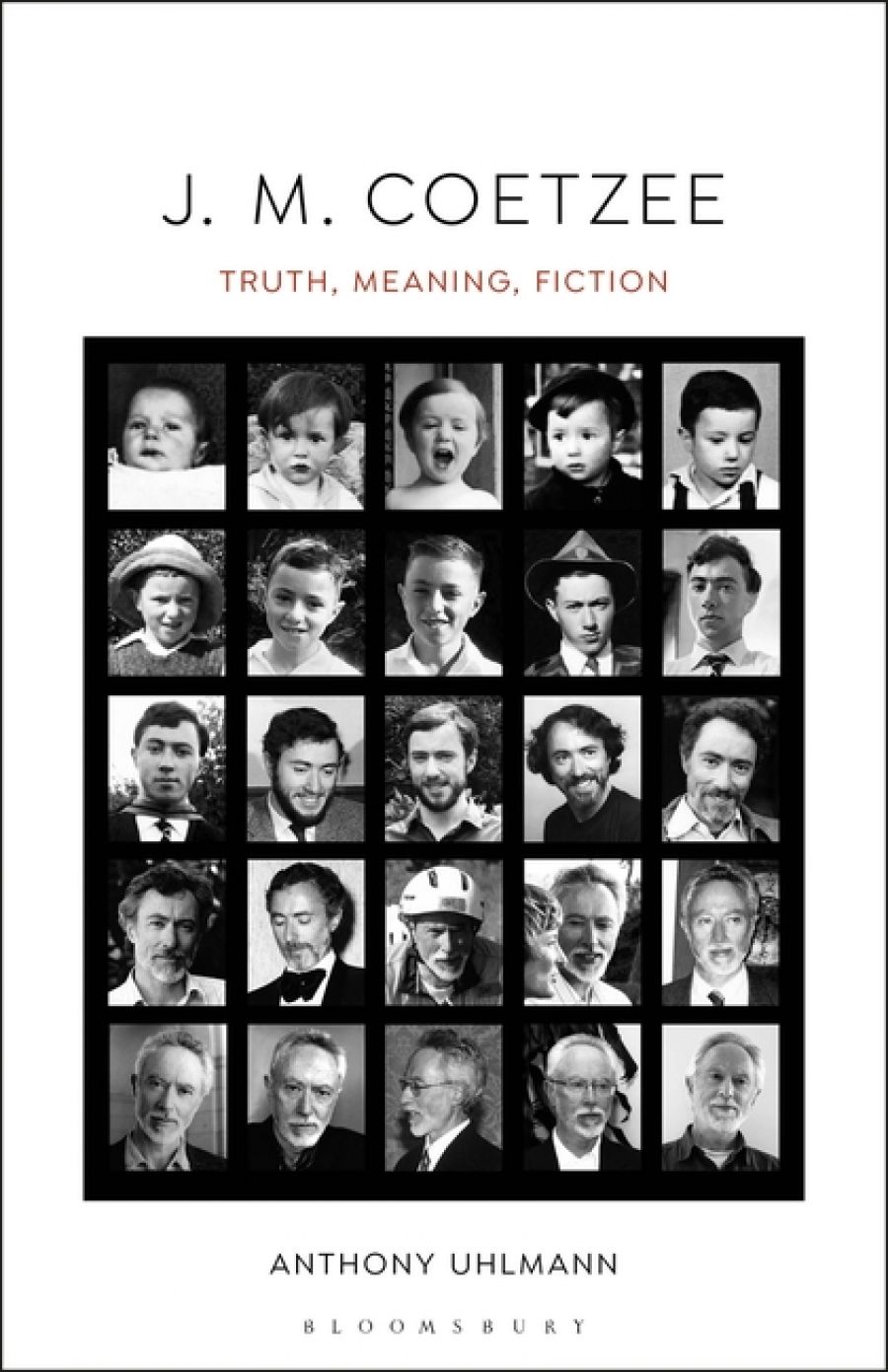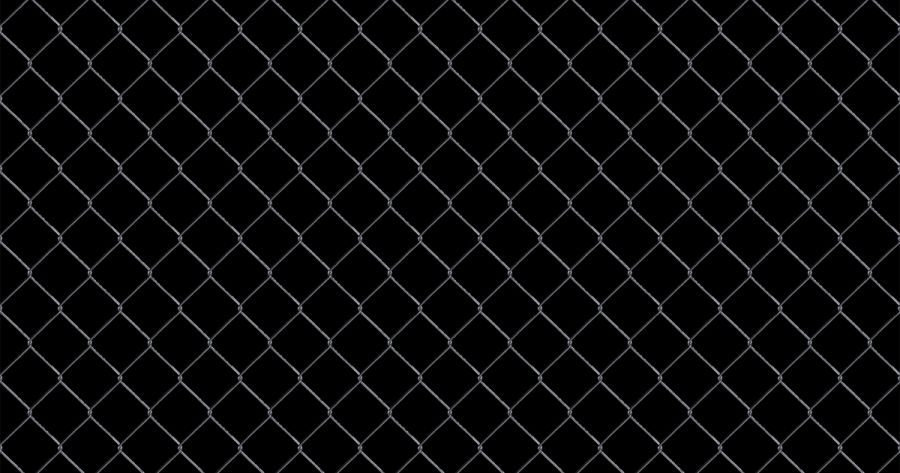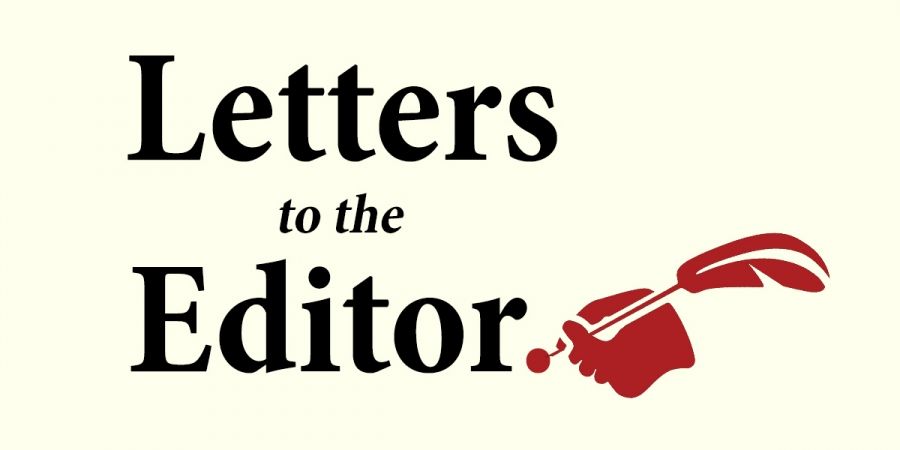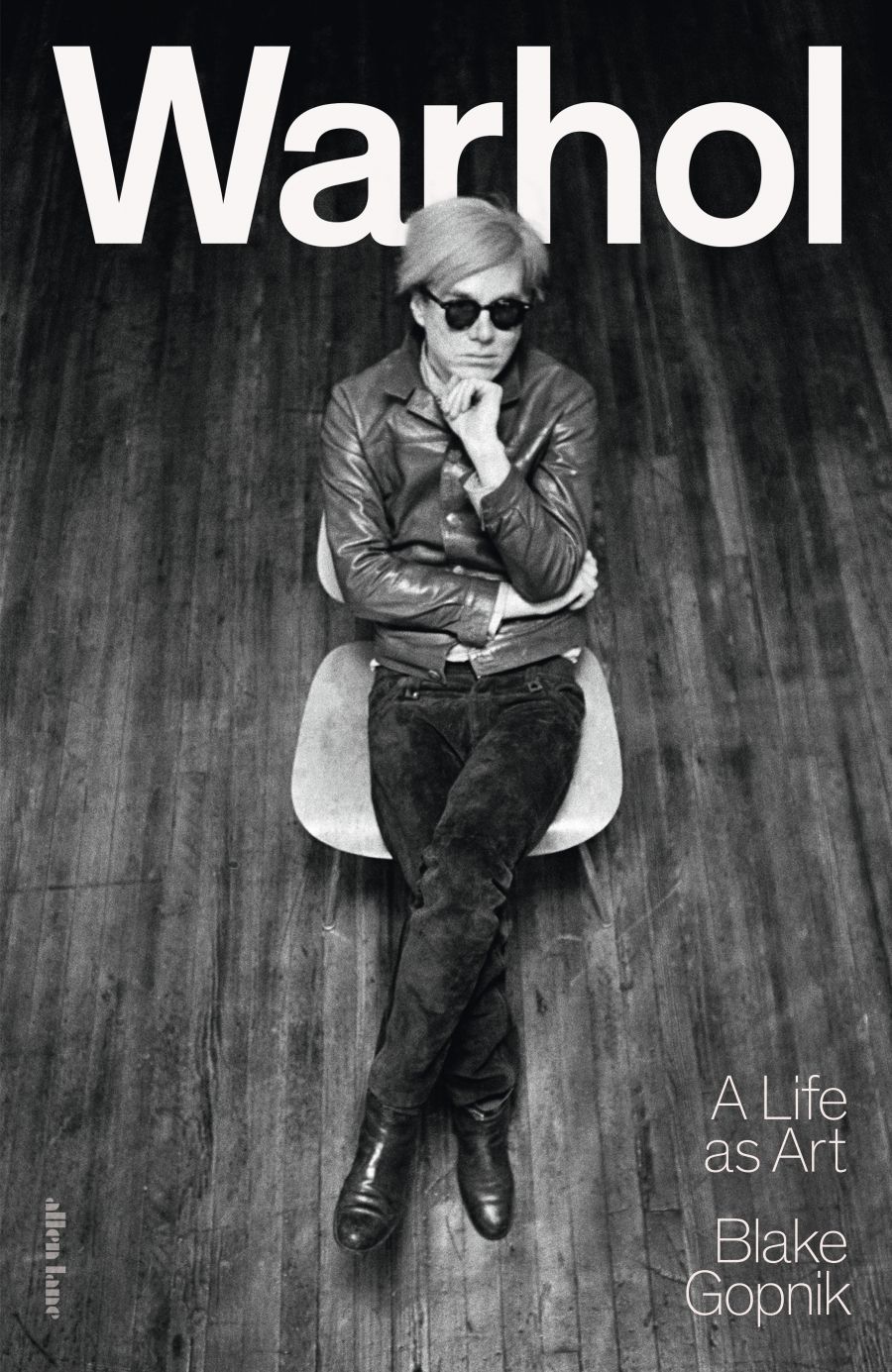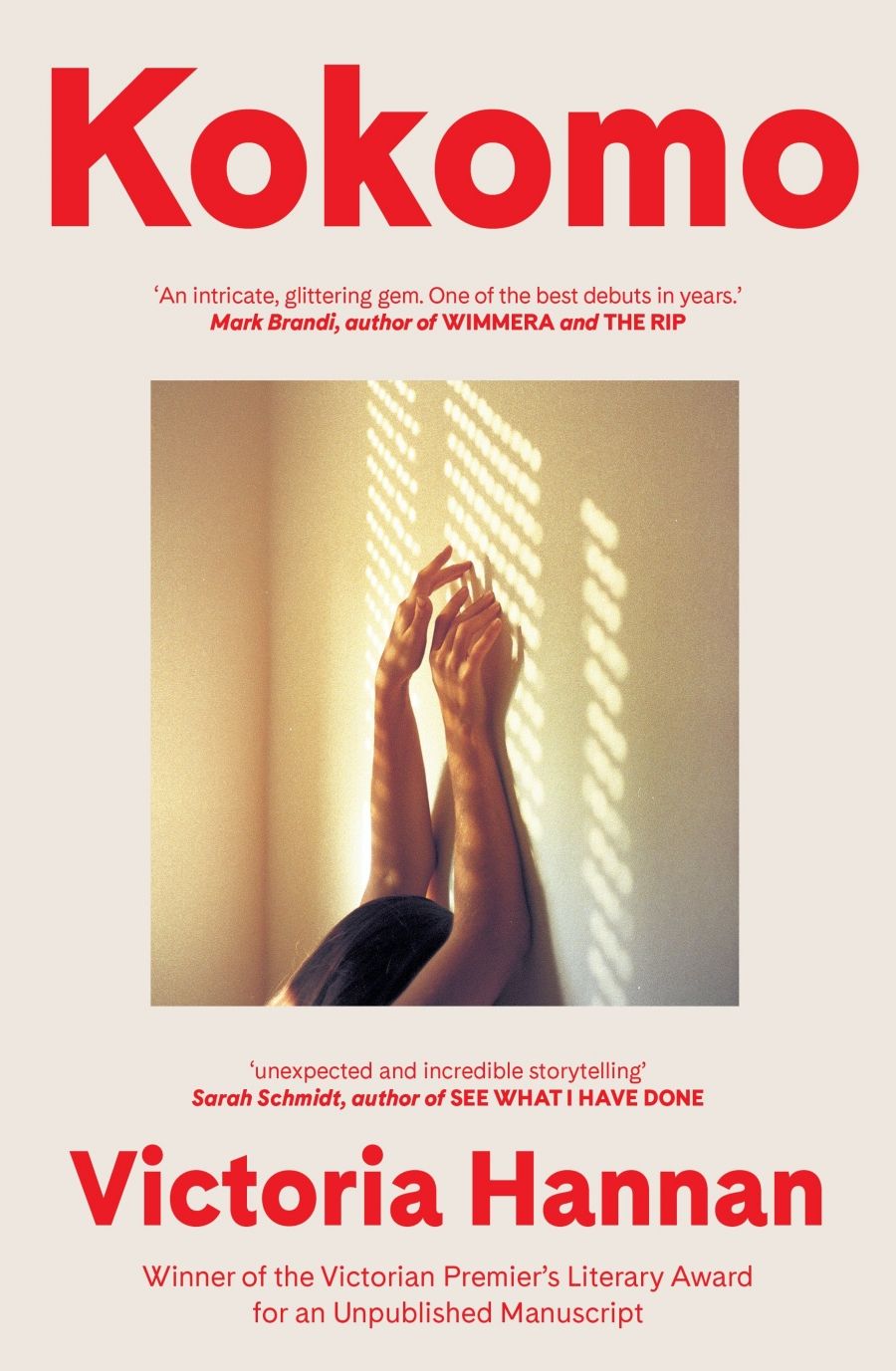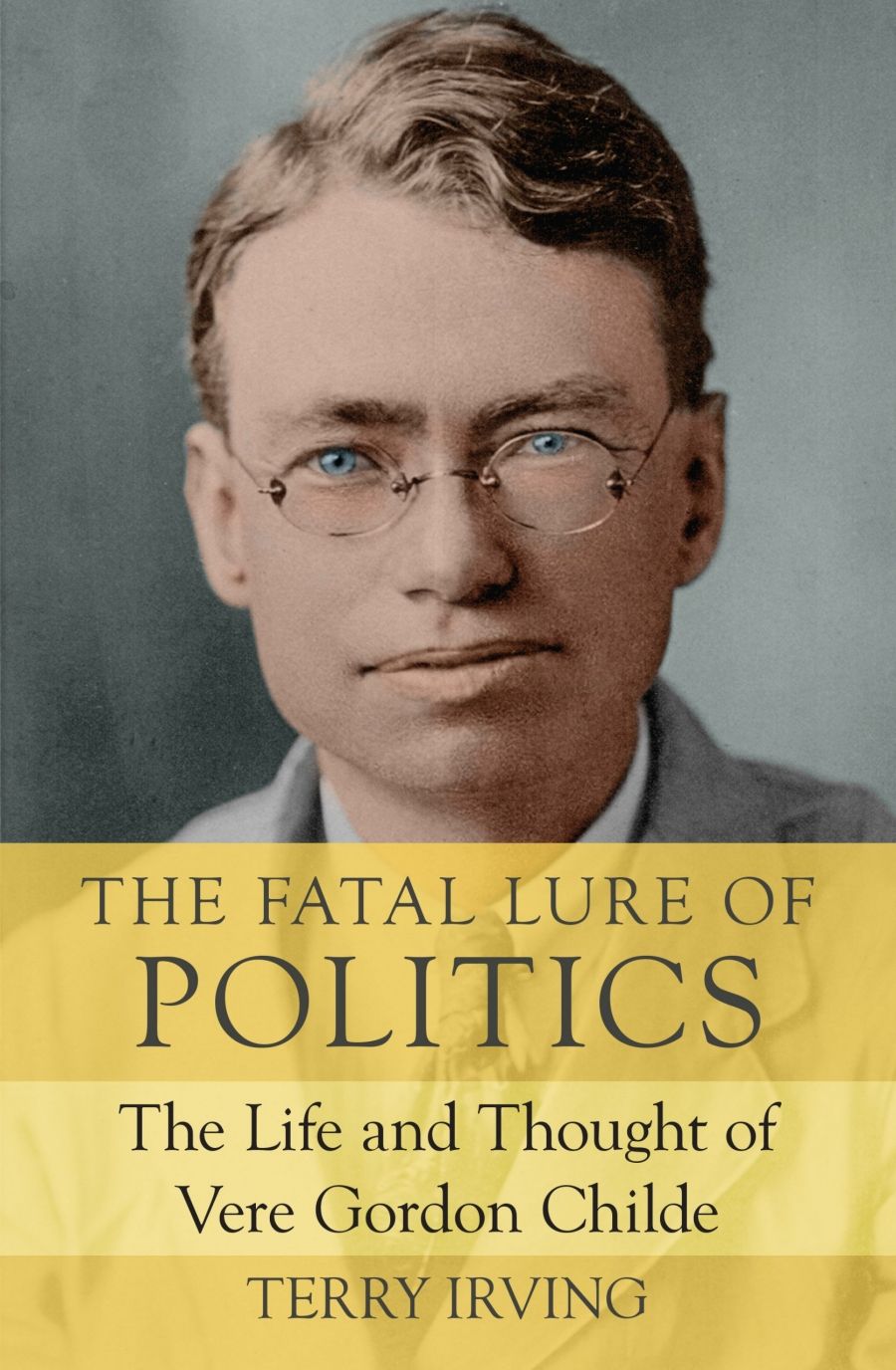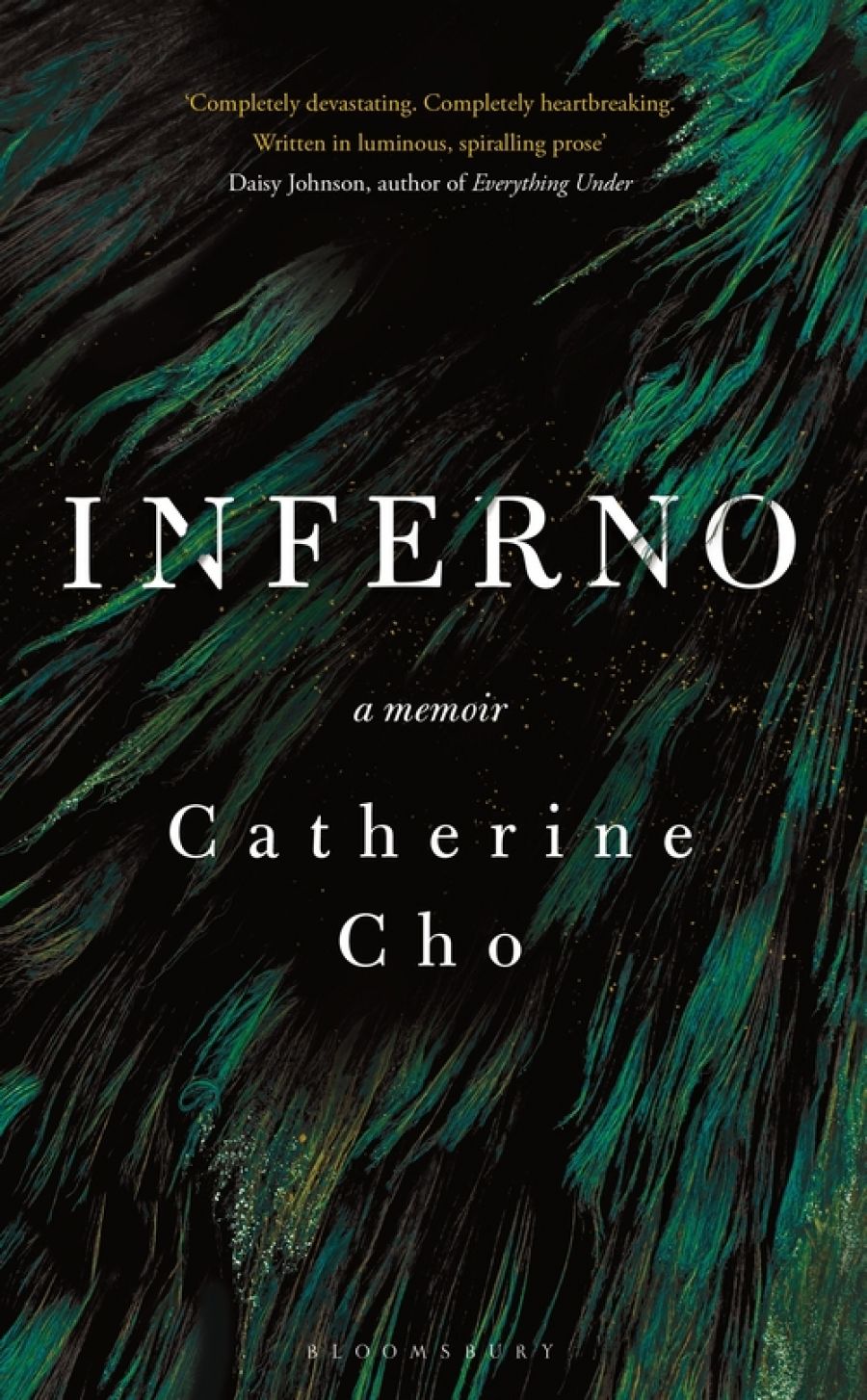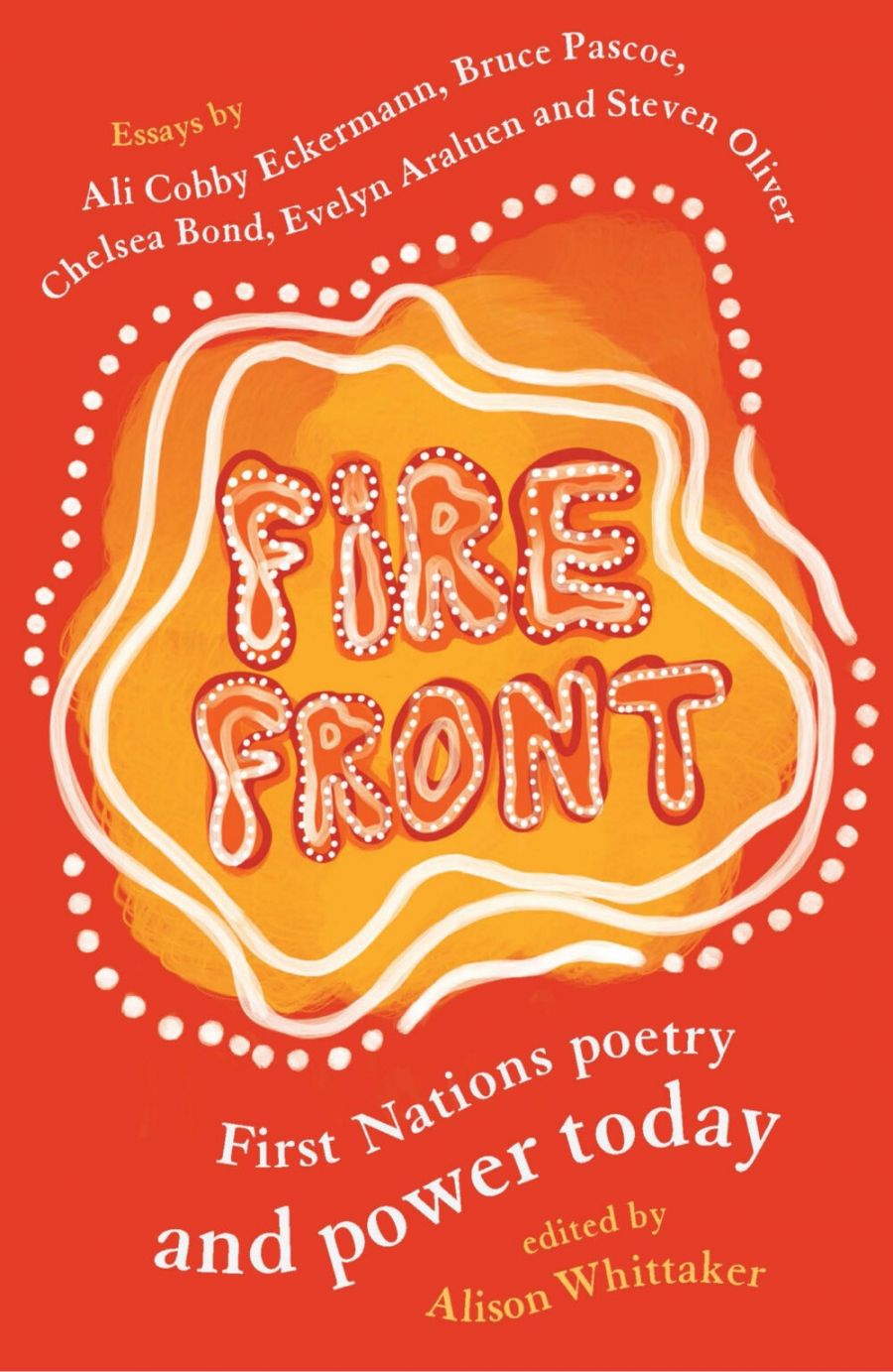ABR welcomes succinct letters and comments. If you're interested in writing to ABR, contact us at This email address is being protected from spambots. You need JavaScript enabled to view it.. Correspondents must provide a telephone number or email address for verification.
National Library of Australia
Dear Editor,
The National Library Act 1960 empowers the Library on behalf of the Commonwealth to maintain and develop a national collection of library material, including a comprehensive collection of library material relating to Australia and the Australian people. In tandem with its Australian collecting, the National Library of Australia has exercised remarkable foresight in building one of the world’s most extensive collections of South East and North East Asian materials. It has projected to the region a strength and openness in the pursuit of knowledge of the cultures and societies of the region.
No state government library network has the remit or strategic location at the Commonwealth level to achieve this. Australian academic libraries have played an important role in supplementing the national role of the NLA, but they are now facing unprecedented funding challenges, post Covid-19. The National Library Council has, nonetheless, proposed a new Collection Development Policy and Collection Strategy which would effectively require severe curtailment or perhaps even cessation of collection from Japan and Korea and from most South-East Asian countries. According to one estimate, base funding for the NLA from government sources has fallen by at least fifteen per cent, accounting for inflation, between 2009–10 and 2017–18.
Sixty years after the promulgation of the National Library Act and in an uncertain and challenging regional environment, the national interest still demands sustained, not reduced, NLA collection development and maintenance of focus on materials from North East and South East Asian countries, in addition to a continuance of comprehensive collection of library materials relating to Australia and the Australian people. The Commonwealth of Australia and its citizens deserve this. The NLA is a crucial international institution for Australia and its region.
Ian Campbell, Beecroft, NSW and Nicholas Jose, Adjunct Professor, The University of Adelaide
Horrible men!
Dear Editor,
It’s not easy to know what to do with the art of horrible men, although Peter Craven makes it seem so: deny the legitimacy of the case against them, and go on with business as usual (ABR, June–July 2020). Craven, who reviewed Woody Allen’s memoirs, Apropos of Nothing, may consider the allegations posed by Dylan Farrow – that Allen molested her when she was seven years old – to be ‘ancient and none-too-credible’, but many others do not (including Ronan Farrow, who accused Hachette, the book’s intended publisher, of ‘assist[ing] in efforts by abusive men to whitewash their crimes’).
Craven seems to invite us to take Allen at his word, but why should we? Allen’s record of indifference and manipulation speaks for itself. The writer Emily Nussbaum – like me, a lifelong fan of Allen’s films – has called him ‘a malignant narcissist’. Craven mischaracterises the 1990s investigations into Dylan’s claims as exonerating Allen. In fact, Justice Wilk was damning, finding Dylan’s testimony ‘credible’, no evidence to back up the claim Dylan had been coached, criticising Allen’s ‘woman scorned’ defence, and concluding that ‘Mr. Allen’s behaviour toward Dylan was grossly inappropriate and that measures must be taken to protect her’ (Allen’s bid for full custody and visitation rights were denied).
As Nussbaum points out in her essay ‘Confessions of the Human Shield’, even if you put aside Dylan’s accusations, you are still left with the predatory origins of Allen’s relationship with Soon-Yi Previn, his then-girlfriend’s daughter who was a college student at the time.
In what sense is Allen’s career jeopardised, as Craven suggests? He continues to pump out films, with ever-diminishing returns, at a rate of close to one a year. Apropos of Nothing, despite being dropped by Hachette, has finally appeared. For every actor who won’t work for him, I dare say there are a hundred more who will. (Why is it that those most critical or dismissive of #MeToo are also those most likely to overstate its effects?)
Allen was a significant part of my cultural education; conflicted as I feel about watching them these days, I still consider films like Annie Hall, Manhattan, and Hannah and Her Sisters to be classics. But Allen’s character, and the allegations against him, demand appraisals – and reappraisals – that go beyond sycophancy and whitewashing. Surely, after #MeToo, this is the least we can do with the art of horrible men – and on behalf of their victims.
Ben Brooker, Brompton, SA
Deirdre Bair in Adelaide
Dear Editor,
Ronan McDonald’s review of Deirdre Bair’s Parisian Lives (ABR, June–July 2020) sent me back to her biography of Samuel Beckett, which I read more than twenty years ago, hugely impressed by it. As soon as I opened the book again, I remembered how engrossing it was. A day later I am still reading it and will continue reading until I finish it.
I met Deirdre Bair in Adelaide some years ago, and we talked about Beckett. When she came out of the door of the hotel where we were staying and joined the group waiting for her – all women except for me – she apologised for keeping us waiting. ‘I’m sorry I’m late,’ she said, managing to sound and to look very grand, indeed making an entrance rather than being late. I responded, ‘And then you overdressed.’ At this she took my arm and we went off talking at once about books.
Alex Miller, Castlemaine, Vic.
When it was time
Dear Editor,
I enjoyed reading Judith Brett’s review of Malcolm Turnbull’s book (ABR, June–July 2020). I agree that Turnbull turned out to be a disappointment as prime minister, his ability to institute a progressive agenda stymied by the far right of the Liberal/National Coalition, in thrall to coal interests, and unable to imagine a different Australia. But as to Judith Brett’s assertion that the ‘booming Australia of the 1950s’ should rank as an ‘exciting time’ compared with the present day of Turnbull’s reference, I must disagree. The 1950s was a decade when women’s roles were severely curtailed by society and by law. Only misty-eyed white men want to revert to that time. I do however remember the excitement of Gough Whitlam’s election in 1972. Now that brought real, tangible change, for women in particular. And memorable, because I voted for the first time. For Whitlam, of course.
Judith Masters (online comment)
Thinking differently
Dear Editor,
Congratulations to Yves Rees on winning the Calibre Essay Prize. ‘Reading the Mess Backwards’ is an engaging, passionate, intimate story told with humour, raw honesty, and some hurt laced with humour. Due to Rees’s courage, sense of history, and unique talent as an essayist, ‘Reading the Mess Backwards’ provides a significant educational lesson for ABR readers and, it’s to be hoped, for the wider public. As Rees writes about their struggle for gender identity, I sense the way in which the future converges with the past. Both gather underground perhaps, but come together majestically in this brilliant essay. We will think differently and with much more understanding about issues of gender identity because of this essay. Well done Yves Rees and ABR!
Roger Rees, Goolwa, SA
Smutting it up
Dear Editor,
I can only confirm James Ley’s view of ‘us’ (Australians?) as a nation of prudes and wowsers as he describes us in his review of The Trials of Portnoy: How Penguin brought down Australia’s censorship system (ABR, June–July 2020).
Unlike his own response on reading Patrick Mullins’s book, I did not feel better after reading this review. Why did your reviewer have to use the word ‘fuck’ in this august journal? Perhaps he felt he had to ‘smut up’ his review to be in keeping with the novel.
Kim Harris, Sandringham, Vic.
James Ley replies:
I apologise unreservedly for sullying the pages of this august journal and the minds of its innocent readers with my gratuitous profanity. It was an inexcusable lapse of judgement on my part. What I meant to say was f***.
